How much does it cost to make custom jewelry?
Custom jewelry is a unique and personal way to express your style and individuality. However, the cost of creating custom jewelry can vary depending on several factors. From the type of metal used to the complexity of the design, there are many elements that contribute to the overall cost. In this article, we will explore the different factors that affect the cost of custom jewelry, break down the expenses involved, provide tips for budgeting, and offer guidance on choosing the right jeweler for your custom piece.
Key Takeaways
- The type of metal used in custom jewelry can greatly impact the cost.
- Gemstone selection is another important factor to consider when determining the cost of custom jewelry.
- The complexity of the design and the amount of customization required will affect the overall cost.
- Materials, labor, design fees, and additional costs all contribute to the total cost of custom jewelry.
- When budgeting for custom jewelry, it is important to set a realistic budget and prioritize your design elements.
Factors Affecting the Cost of Custom Jewelry
Type of Metal
The type of metal used in custom jewelry plays a significant role in determining its cost. Precious metals such as gold, platinum, and silver are commonly used for high-end custom pieces. These metals are valued for their durability, luster, and rarity, which contribute to their higher price. On the other hand, base metals like stainless steel and brass are more affordable options for custom jewelry. While they may not have the same prestige as precious metals, they can still be used to create beautiful and unique designs at a lower cost.
When choosing the type of metal for your custom piece, it's important to consider your budget, desired aesthetic, and the level of durability you require. Discussing these factors with your jeweler can help you make an informed decision that aligns with your preferences and budget.
Gemstone Selection
When it comes to selecting the perfect gemstone for your custom jewelry, there are several factors to consider. Quality is of utmost importance, as it directly affects the overall appearance and value of the piece. Additionally, the type of gemstone you choose can significantly impact the cost. Precious gemstones like diamonds, rubies, and sapphires tend to be more expensive than semi-precious stones.
In addition to quality and type, the size and cut of the gemstone also play a role in determining the cost. Larger gemstones and intricate cuts may require more labor and material, resulting in a higher price tag. It's important to find a balance between your desired gemstone characteristics and your budget.
To help you make an informed decision, here is a table summarizing the average price range for different gemstones:
| Gemstone | Average Price Range ($) |
|---|---|
| Diamond | $1,000 - $10,000 |
| Ruby | $500 - $5,000 |
| Sapphire | $500 - $4,000 |
| Emerald | $300 - $3,000 |
| Amethyst | $50 - $500 |
Remember, these prices are just estimates and can vary depending on various factors. It's always best to consult with a jeweler to get an accurate quote for your specific gemstone selection.
Design Complexity
Design complexity is a crucial factor that can significantly impact the cost of custom jewelry. The more intricate and detailed the design, the more time and skill it requires to create. Attention-grabbing designs with intricate patterns, engravings, or filigree work may require additional labor and expertise, resulting in higher costs.
When discussing your design with a jeweler, it's important to consider the level of complexity you desire. Bold and unique designs may require more time and effort to bring to life, but they can also make a stunning statement piece.
To better understand the impact of design complexity on cost, here is a breakdown of the different levels of complexity and their corresponding price ranges:
| Level of Complexity | Price Range |
|---|---|
| Simple | $$$$ |
| Moderate | $$$$$ |
| Complex | $$$$$$ |
Keep in mind that these price ranges are approximate and can vary depending on the jeweler and other factors.
Remember, the level of design complexity you choose should align with your budget and personal preferences. It's always a good idea to discuss your options with a professional jeweler who can guide you in making the right choice for your custom piece.
Customization Options
When it comes to custom jewelry, there are several customization options available to suit your preferences and style. These options include:
- Engravings: Personalize your jewelry with meaningful engravings, such as names, dates, or special messages.
- Gemstone Choices: Select from a wide range of gemstones to add color and sparkle to your custom piece. Popular choices include diamonds, sapphires, emeralds, and rubies.
- Setting Styles: Choose the setting style that best showcases your gemstone, such as prong, bezel, pave, or channel.
- Metal Finishes: Decide on the metal finish that complements your design, whether it's a high polish, matte, brushed, or hammered finish.
These customization options allow you to create a truly unique and personalized piece of jewelry that reflects your individuality and taste.
Cost Breakdown of Custom Jewelry
Materials
The materials used in custom jewelry can greatly affect the overall cost. Precious metals such as gold, silver, and platinum are often more expensive than other metals. The type and quality of gemstones also play a significant role in the cost. Diamonds and other precious gemstones tend to be more expensive, while semi-precious gemstones offer a more affordable option. Additionally, the use of rare or unique materials can increase the cost of custom jewelry.
When considering the materials for your custom piece, it's important to balance your budget with your desired aesthetic and durability. Discussing your options with a professional jeweler can help you make informed decisions and find the right materials for your custom jewelry project.
Labor
Labor is a significant factor in the cost of custom jewelry. Skilled artisans and craftsmen spend hours meticulously crafting each piece by hand. The complexity of the design and the level of detail required can greatly impact the labor cost. Additionally, the experience and expertise of the jeweler can also affect the labor cost, as highly skilled jewelers may charge higher rates for their services.
When budgeting for custom jewelry, it's important to consider the labor cost and ensure that it aligns with your overall budget. Discussing the labor cost with your jeweler and understanding the factors that contribute to it can help you make informed decisions and find the right balance between quality and affordability.
Design Fees
Design fees are an important aspect of the cost breakdown for custom jewelry. These fees cover the time and expertise required to create a unique design that meets your specifications. The complexity of the design and the level of customization desired can influence the design fees. It's important to discuss and agree upon the design fees with your jeweler before starting the project.
When considering design fees, it's essential to keep in mind that they are an investment in the creation of a one-of-a-kind piece. The expertise and creativity of the jeweler play a significant role in the final result. Therefore, it's crucial to choose a jeweler with a strong portfolio and positive reviews to ensure you receive the best value for your money.
Tip: Before finalizing the design, ask your jeweler for a detailed breakdown of the design fees and what they include. This transparency will help you understand the cost structure and make informed decisions.
Additional Costs
When getting custom jewelry made, it's important to consider the additional costs that may be involved. These costs can vary depending on the specific requirements of your design and the jeweler you choose to work with.
One common additional cost is the cost of engraving. If you want to add a personal touch to your custom piece, such as a special message or initials, engraving can be a great option. However, keep in mind that engraving may come with an extra fee.
Another potential additional cost is the cost of resizing. If you need to resize your custom jewelry after it's been made, there may be a fee associated with this service. It's important to discuss resizing options with your jeweler before finalizing your design.
Lastly, some jewelers may charge a fee for rush orders. If you're in a hurry to get your custom jewelry, you may need to pay an additional fee to expedite the production process. Be sure to inquire about rush order fees if you have a tight deadline.
Overall, it's important to factor in these additional costs when budgeting for your custom jewelry to ensure you have a clear understanding of the total cost involved.
Choosing the Right Jeweler for Your Custom Piece
Experience and Expertise
When choosing a jeweler for your custom piece, it is crucial to consider their experience and expertise in the field. Look for a jeweler who has a proven track record of creating high-quality custom jewelry. They should have a deep understanding of different metals, gemstones, and design techniques. Additionally, consider their level of expertise in the specific type of jewelry you are looking to create. A jeweler with experience in creating custom engagement rings may not have the same expertise in crafting custom earrings or bracelets.
To assess a jeweler's experience and expertise, take a look at their portfolio and reviews. This will give you an idea of the quality of their work and the satisfaction of their previous clients. Look for a jeweler who has successfully completed projects similar to what you have in mind. It is also important to communicate and collaborate effectively with the jeweler. They should be able to understand your vision and provide valuable input to bring your custom piece to life.
Remember, the experience and expertise of the jeweler are key factors in ensuring the success of your custom jewelry project.
Portfolio and Reviews
When choosing a jeweler for your custom piece, it's important to consider their portfolio and reviews. Take the time to browse through their previous work and see if their style aligns with your vision. Look for a diverse range of designs to ensure they have the versatility to create the piece you have in mind. Additionally, read reviews from past clients to get an idea of their experience working with the jeweler. Positive reviews can provide reassurance that you're choosing a skilled and reliable professional.
If you're unsure about a jeweler's portfolio or reviews, don't hesitate to ask for references or reach out to previous clients for their feedback. It's essential to have confidence in the jeweler's abilities and reputation before entrusting them with your custom jewelry project.
Communication and Collaboration
Effective communication and collaboration between the jeweler and the client is crucial for creating a custom piece that meets the client's vision. Clear and open communication allows the jeweler to understand the client's preferences, design ideas, and any specific requirements. It also enables the client to provide feedback and make necessary adjustments throughout the process.
Collaboration is a key aspect of the custom jewelry journey. By working closely with the jeweler, clients can actively participate in the design process, providing input and making decisions at each stage. This collaborative approach ensures that the final piece reflects the client's style and personality.
To enhance communication and collaboration, here are some tips:
- Be specific: Clearly communicate your design preferences, including metal type, gemstone choice, and any specific details you want to incorporate.
- Ask questions: Don't hesitate to ask the jeweler about their process, timeline, and any concerns you may have.
- Provide feedback: Regularly provide feedback to the jeweler during the design process to ensure your vision is being realized.
- Stay involved: Stay engaged throughout the process and actively participate in decision-making to create a truly personalized piece.
Remember, effective communication and collaboration are essential for a successful custom jewelry experience.
Price Transparency
When choosing a jeweler for your custom piece, it is crucial to consider their price transparency. A reputable jeweler should provide you with a detailed breakdown of the costs involved in creating your custom jewelry. This breakdown should include the cost of materials, labor, design fees, and any additional costs. By having a clear understanding of the pricing structure, you can make an informed decision and ensure that you are getting the best value for your money.
In addition to the cost breakdown, it is also important to ask the jeweler about any potential hidden fees or unexpected charges. Transparency in pricing will help you avoid any surprises and allow you to budget accordingly.
Remember, a trustworthy jeweler will be open and honest about their pricing, ensuring that you have a clear understanding of what you are paying for. So, when selecting a jeweler for your custom jewelry, prioritize those who prioritize price transparency.
Tips for Budgeting for Custom Jewelry
Set a Realistic Budget
When setting a budget for your custom jewelry, it's important to consider your financial situation and the value you place on the piece. Quality should be a top priority, so allocate a significant portion of your budget to the materials and craftsmanship. Here are some tips to help you set a realistic budget:
- Research the average cost of similar custom jewelry pieces to get an idea of the price range.
- Consider the complexity of the design and the amount of customization you want. Intricate designs and unique features may require a higher budget.
- Take into account the type of metal and gemstones you prefer. Precious metals and rare gemstones will generally increase the cost.
- Consult with multiple jewelers to compare prices and services. Remember that the cheapest option may not always provide the best quality.
Setting a realistic budget will ensure that you can create a custom jewelry piece that meets your expectations without compromising on quality.
Prioritize Your Design Elements
When creating custom jewelry, it's important to prioritize your design elements to ensure that you get the desired outcome within your budget. Here are some tips to help you prioritize:
-
Focus on the Main Feature: Identify the key design element that you want to highlight in your custom piece. Whether it's a unique gemstone or an intricate metalwork, make sure to allocate a significant portion of your budget to this element.
-
Consider Simplicity: Sometimes, less is more. Opting for a simpler design can not only save you money but also allow the main feature of your jewelry to shine. Remember, elegance can be achieved through simplicity.
-
Balance Quality and Quantity: Instead of compromising on the quality of materials, consider adjusting the size or quantity of gemstones or metal used in your custom piece. This way, you can maintain the desired level of craftsmanship while staying within your budget.
-
Think Long-Term: Custom jewelry is an investment, so it's important to choose design elements that will stand the test of time. Prioritize timeless styles and classic designs that will continue to be cherished for years to come.
Remember, when it comes to custom jewelry, prioritizing your design elements allows you to create a piece that is not only beautiful but also fits your budget and personal style.
Consider Alternative Gemstones
When considering alternative gemstones for your custom jewelry, there are several options to explore. Sapphires and emeralds are popular choices due to their vibrant colors and durability. These gemstones can add a unique touch to your piece while still maintaining a high level of quality.
Another alternative gemstone to consider is the morganite. With its soft pink hue, morganite offers a delicate and feminine look. It is a great option for those who prefer a more subtle and romantic style.
If you are looking for a more affordable alternative, cubic zirconia is a popular choice. It is a synthetic gemstone that closely resembles a diamond and offers a similar sparkle at a fraction of the cost.
When choosing alternative gemstones, it is important to consider your personal style, budget, and the overall design of your custom jewelry piece. Discussing your options with a professional jeweler can help you make an informed decision that suits your preferences and budget.
Explore Different Metal Options
When choosing the metal for your custom jewelry, it's important to consider the different options available. Each metal has its own unique characteristics and price range. Here are some popular metals used in custom jewelry:
- Gold: Gold is a classic choice for jewelry and comes in various colors such as yellow, white, and rose gold. It is known for its durability and timeless appeal.
- Silver: Silver is a more affordable option compared to gold. It has a sleek and modern look, making it a popular choice for contemporary designs.
- Platinum: Platinum is a premium metal known for its strength and durability. It has a naturally white color and is hypoallergenic, making it a great choice for those with sensitive skin.
When deciding on the metal for your custom piece, consider your budget, style preferences, and the durability you desire. A skilled jeweler can guide you in choosing the right metal that suits your needs and preferences.
Conclusion
In conclusion, the cost of making custom jewelry can vary depending on several factors. From the type of materials used to the complexity of the design, each element contributes to the final price. It is important to consider the craftsmanship, quality, and uniqueness of the piece when determining its value. While custom jewelry may come with a higher price tag, it offers the opportunity to create a one-of-a-kind piece that reflects your personal style and preferences. Whether you are looking for a special gift or a statement piece for yourself, custom jewelry allows you to express your individuality and create something truly special.
Frequently Asked Questions
How long does it take to make custom jewelry?
The time required to make custom jewelry can vary depending on the complexity of the design and the jeweler's workload. It can take anywhere from a few weeks to several months. It is best to consult with your jeweler to get an estimate of the timeline for your specific piece.
Can I use my own materials for custom jewelry?
In most cases, jewelers prefer to work with their own materials to ensure the quality and compatibility of the components. However, some jewelers may be open to using customer-provided materials if they meet certain criteria. It is recommended to discuss this with your jeweler before starting the custom jewelry process.
What is the average cost of custom jewelry?
The cost of custom jewelry can vary greatly depending on factors such as the type of metal, gemstone selection, design complexity, and customization options. It is difficult to provide an average cost as each custom piece is unique. It is best to consult with a jeweler to get a personalized quote based on your specific design requirements.
Can I make changes to the design during the custom jewelry process?
During the custom jewelry process, it is possible to make changes to the design. However, it is important to communicate any desired changes as early as possible to avoid additional costs and delays. Major design changes may require starting the process from scratch, while minor changes can often be accommodated.
Do I need to pay a deposit for custom jewelry?
Many jewelers require a deposit before starting work on a custom jewelry piece. The deposit amount can vary but is typically a percentage of the total cost. This deposit is often non-refundable and serves as a commitment from the customer to proceed with the project.
What is the warranty on custom jewelry?
The warranty on custom jewelry can vary depending on the jeweler. It is important to discuss the warranty terms with your jeweler before making a purchase. Some jewelers offer a limited warranty that covers manufacturing defects, while others may offer additional services such as cleaning and maintenance.
Best Sellers












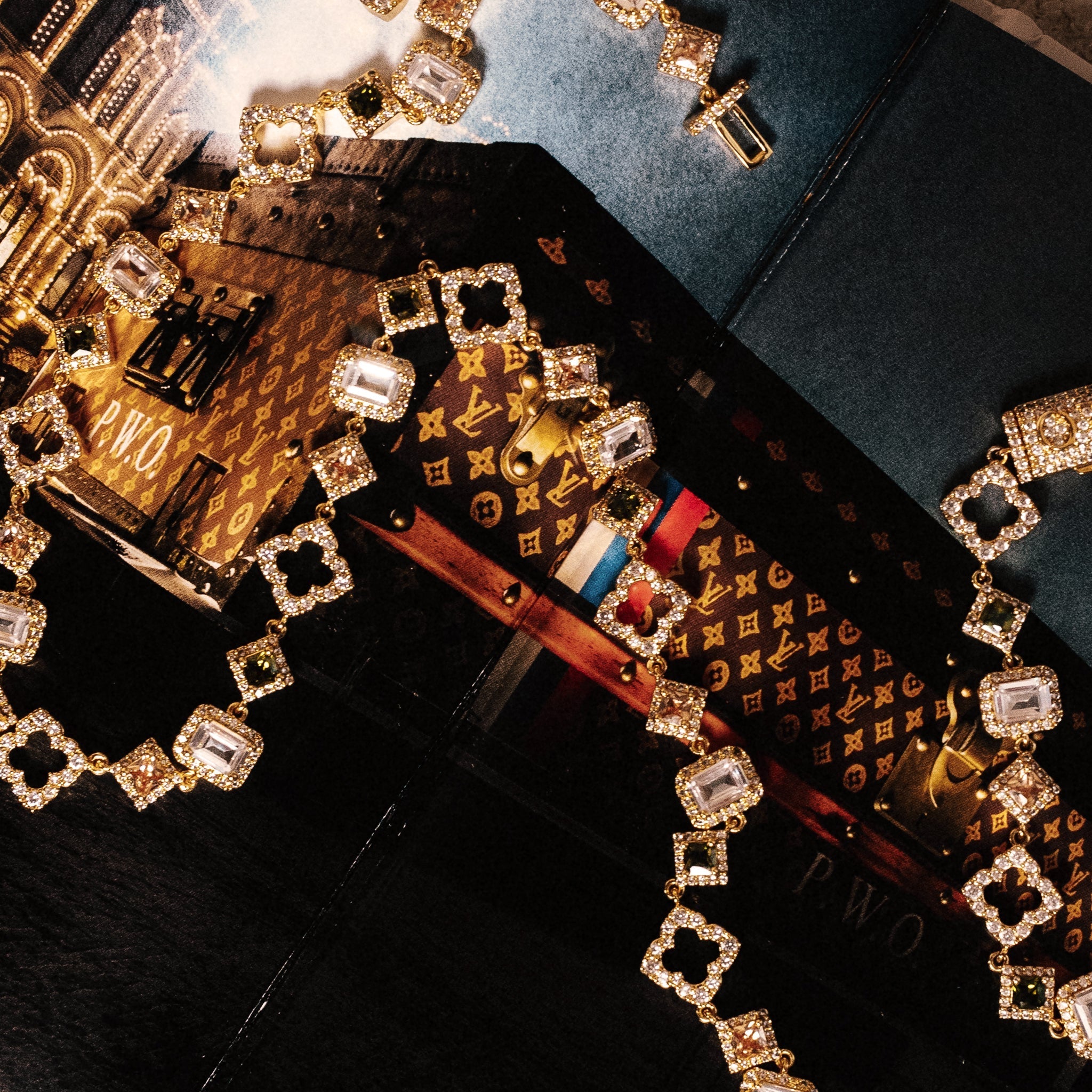
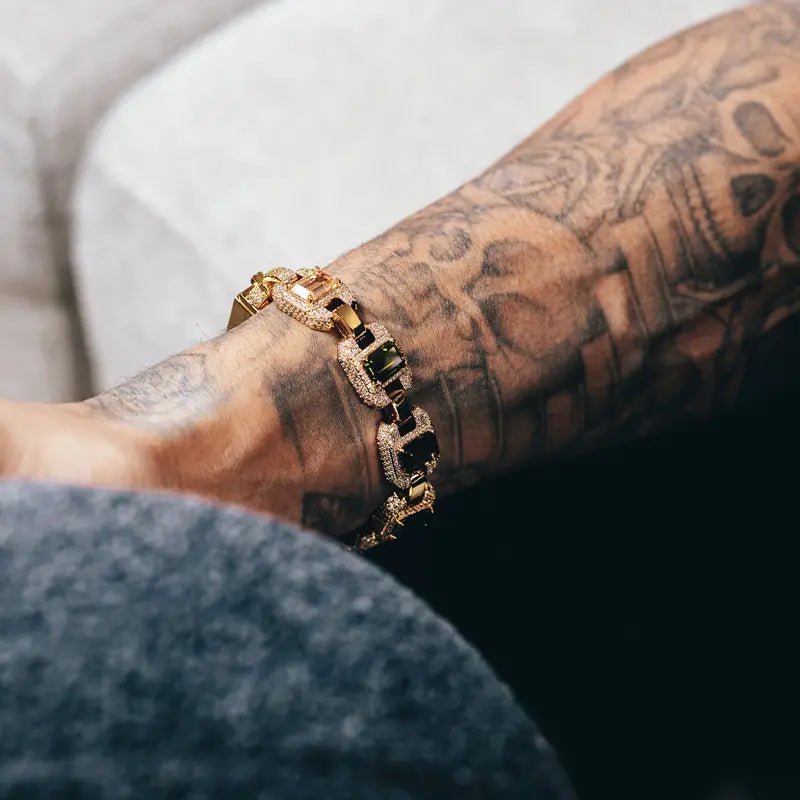
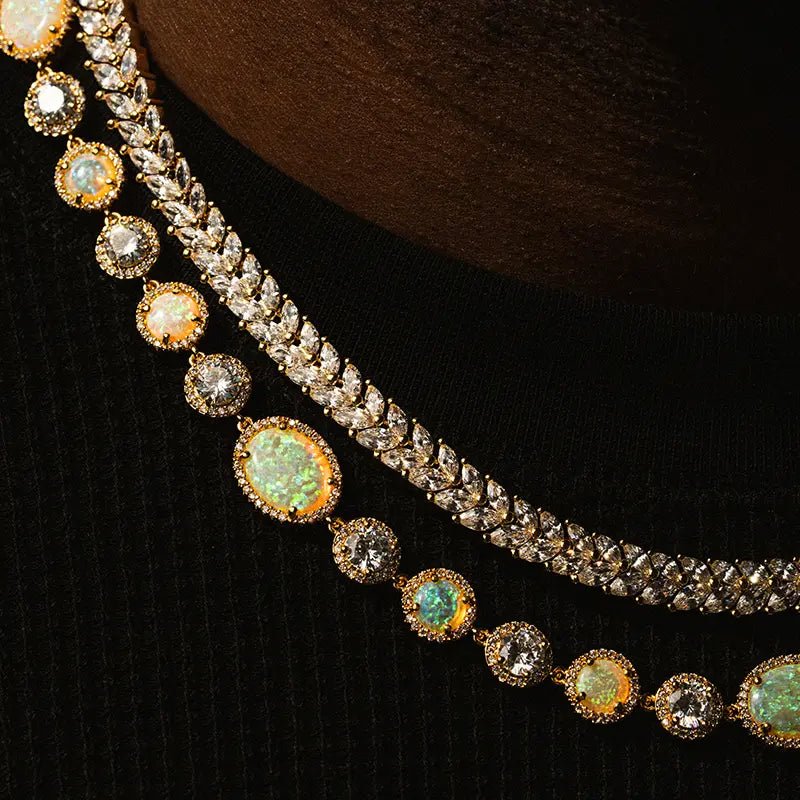
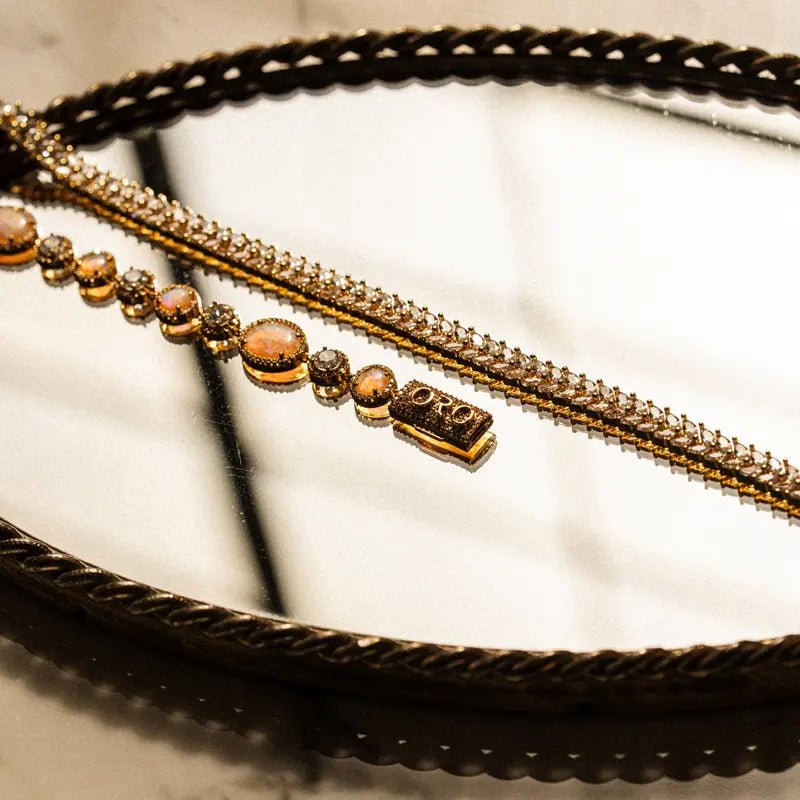
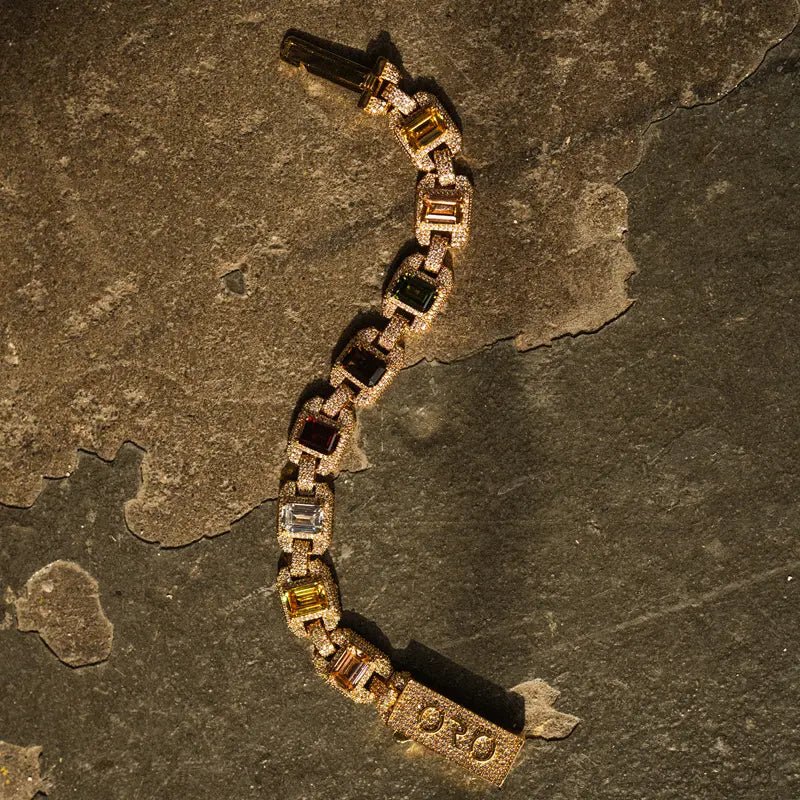
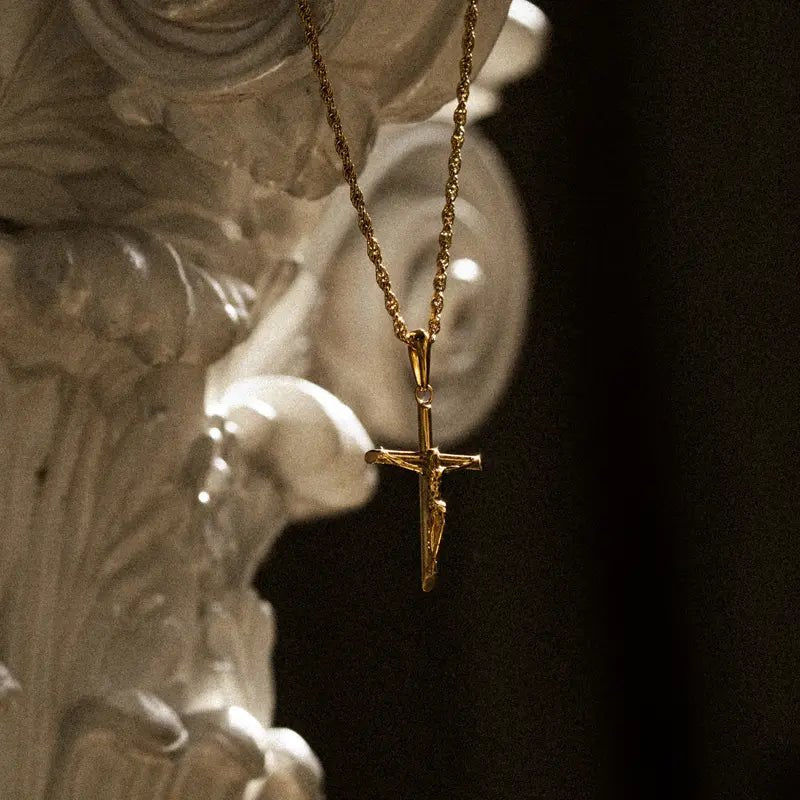
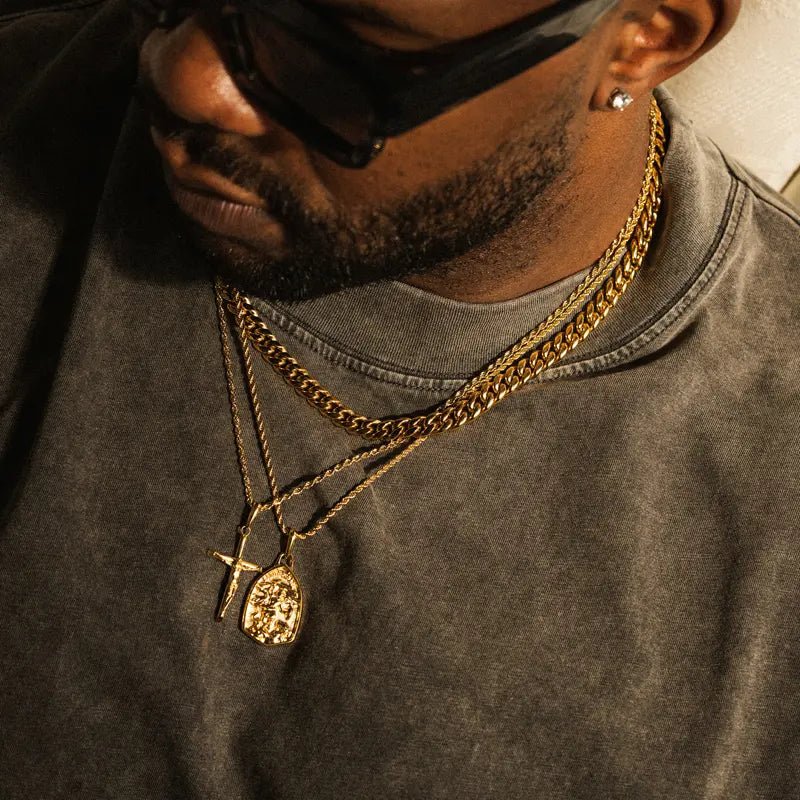
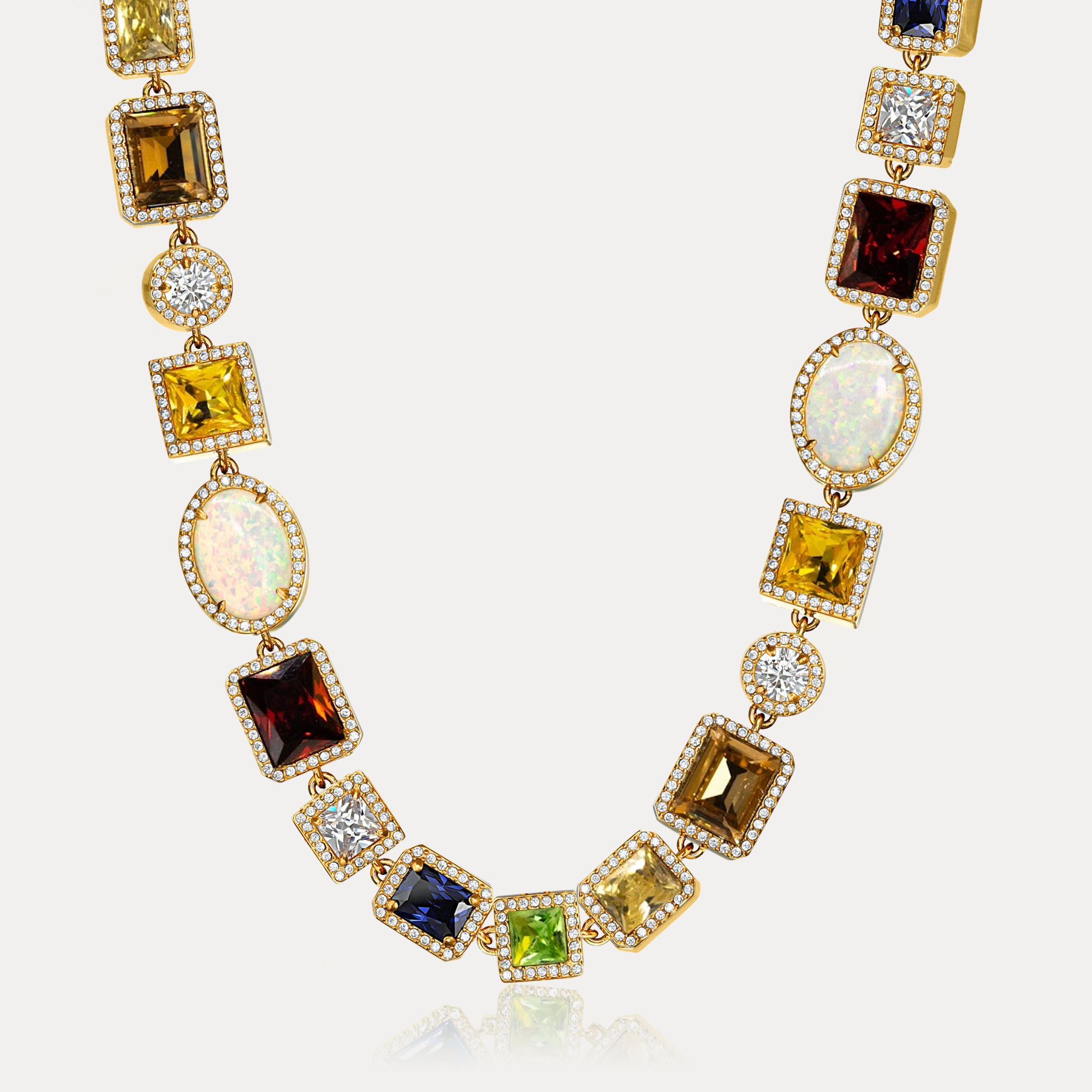
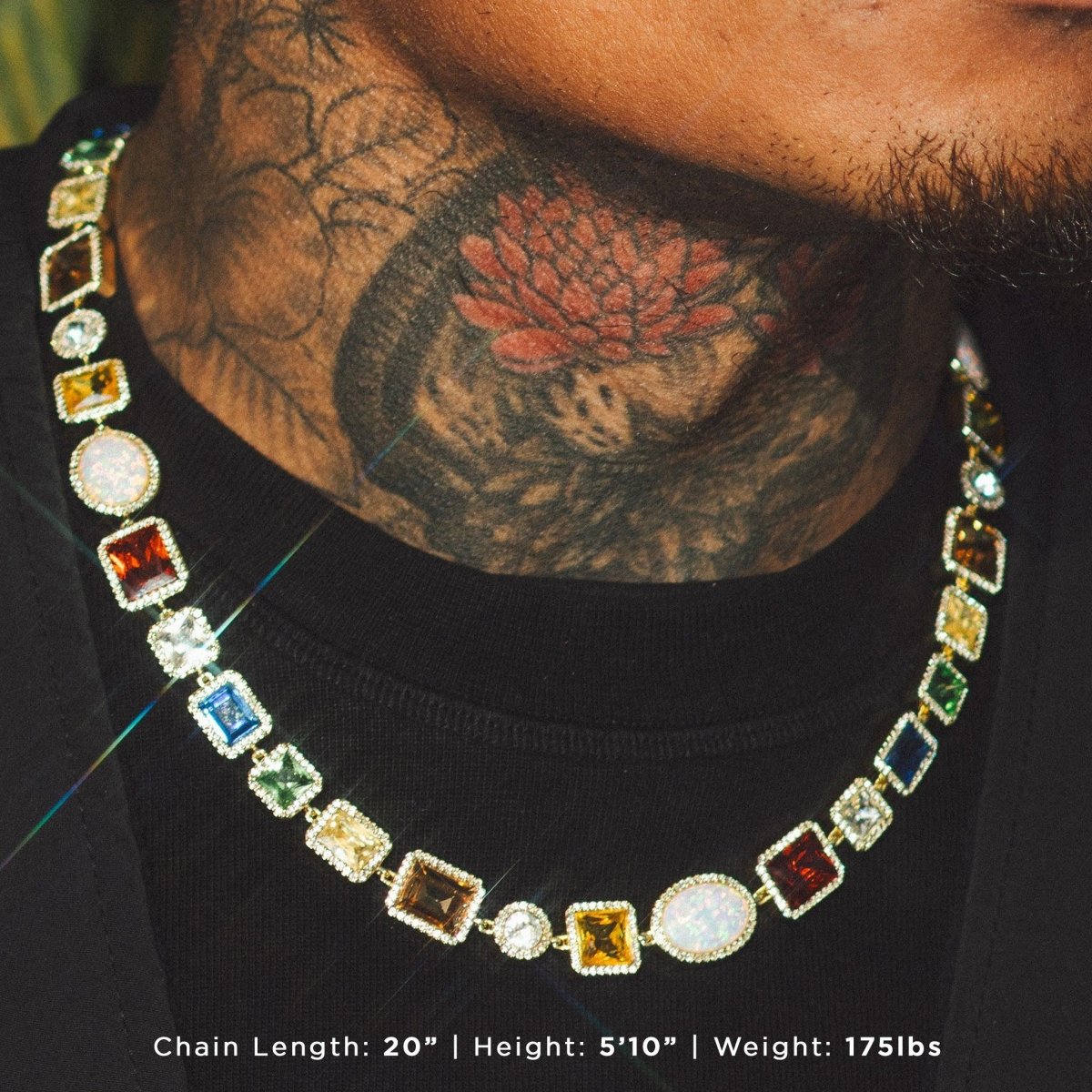
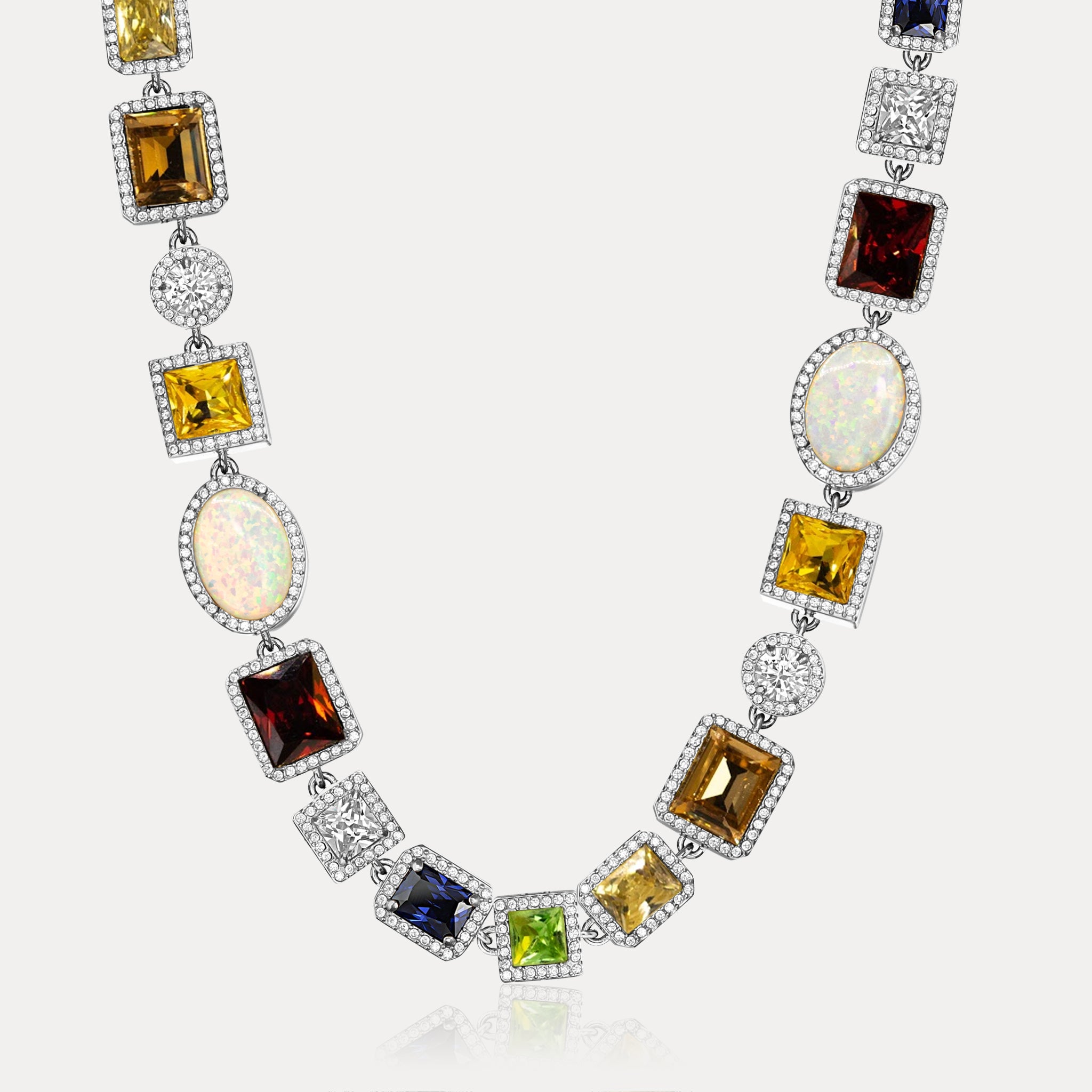
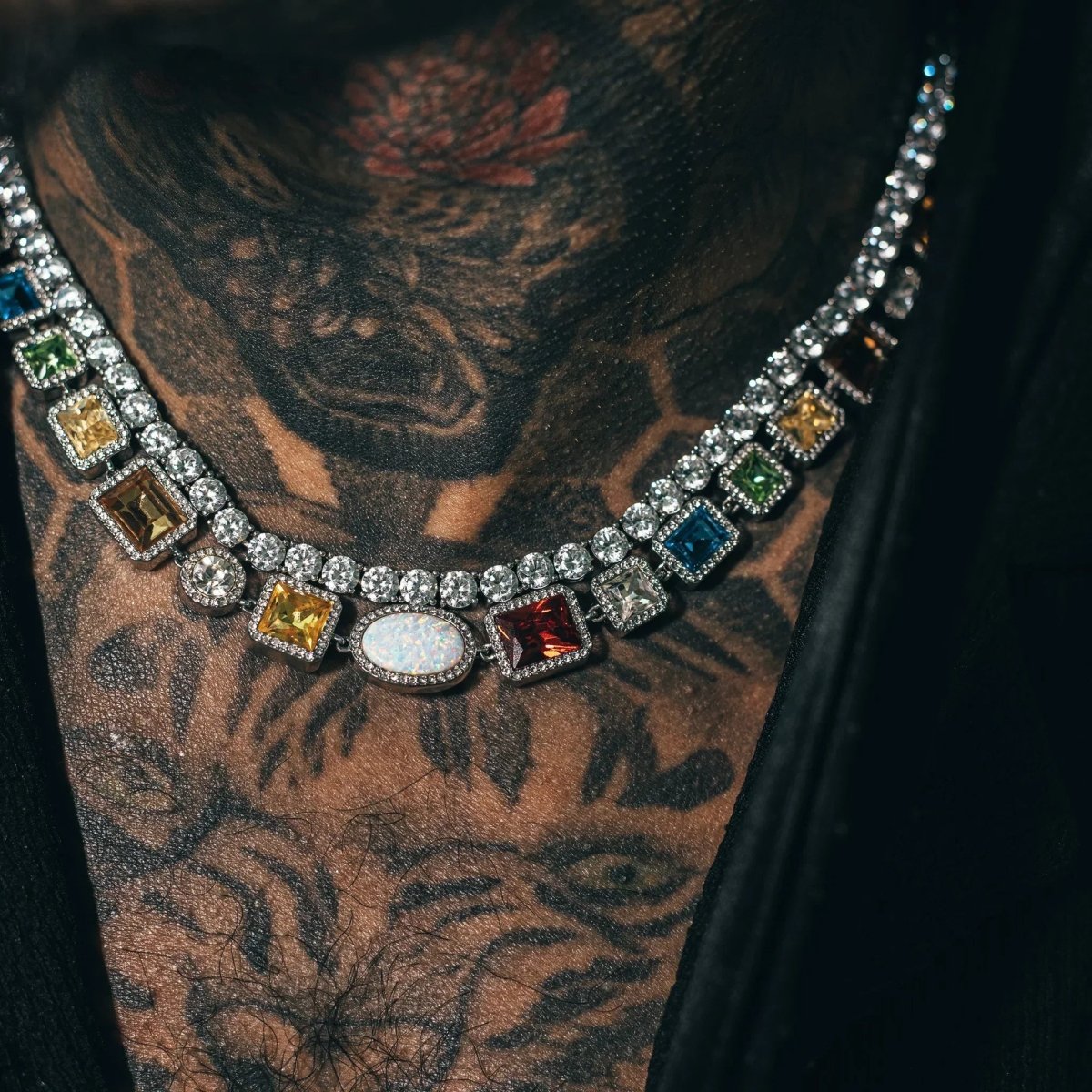
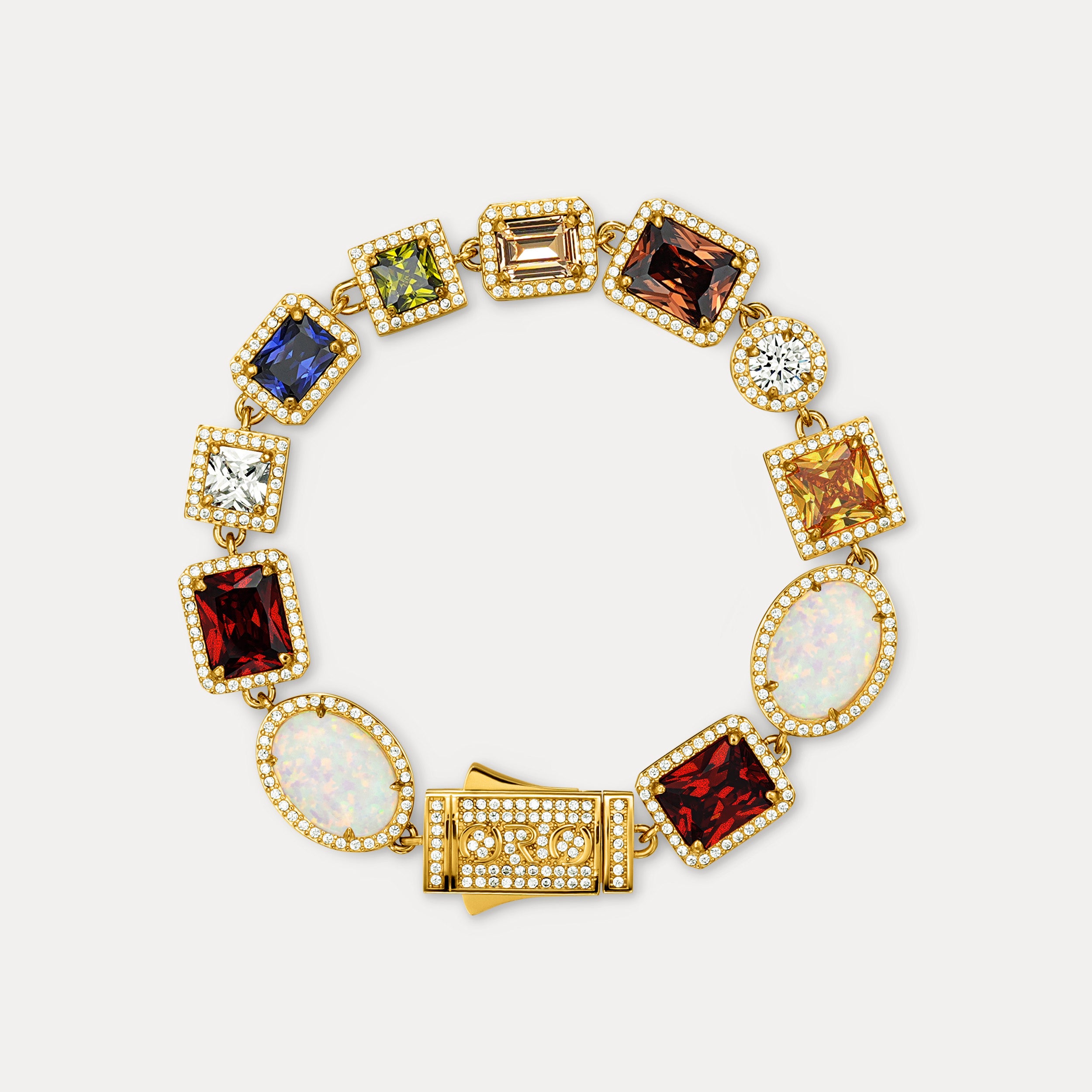

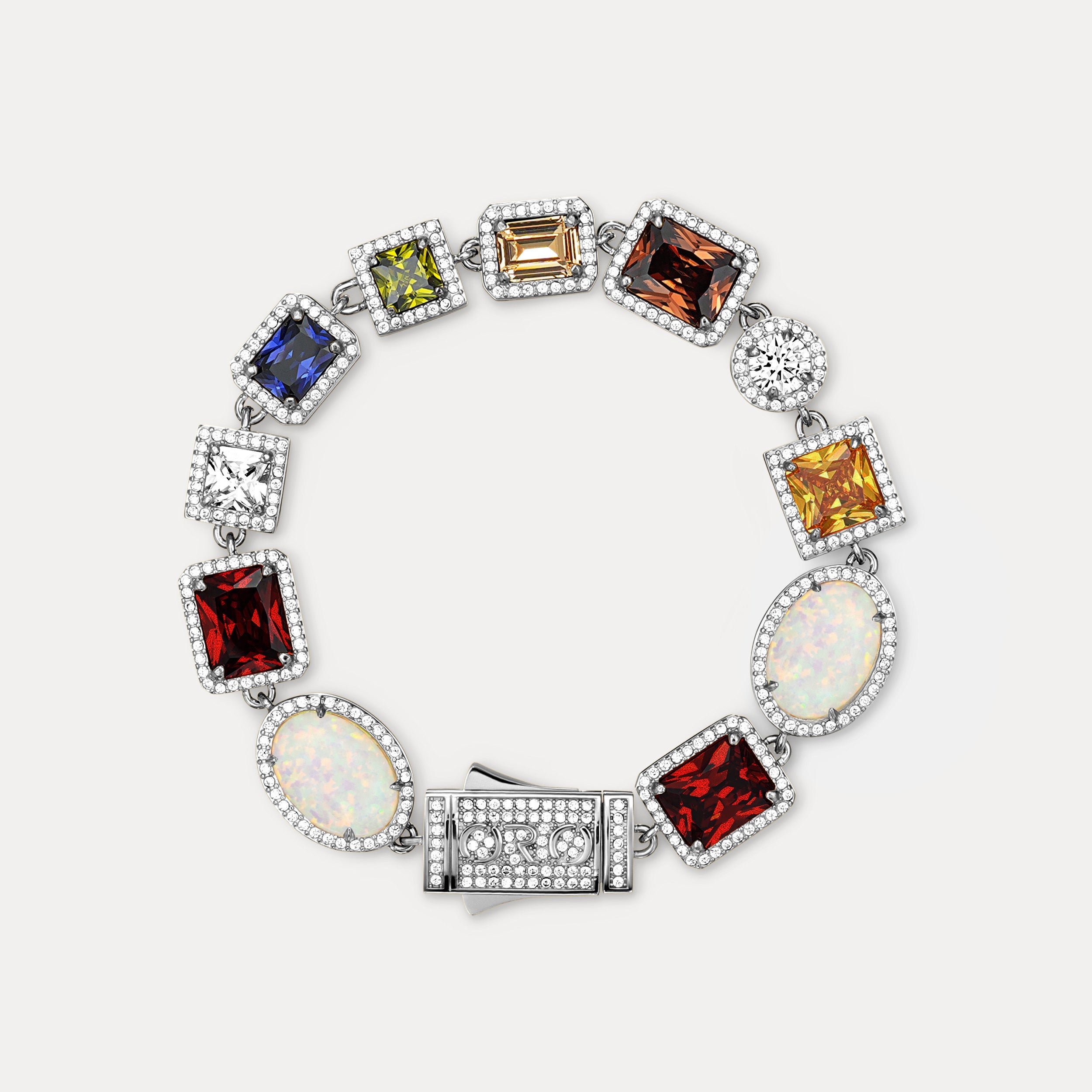
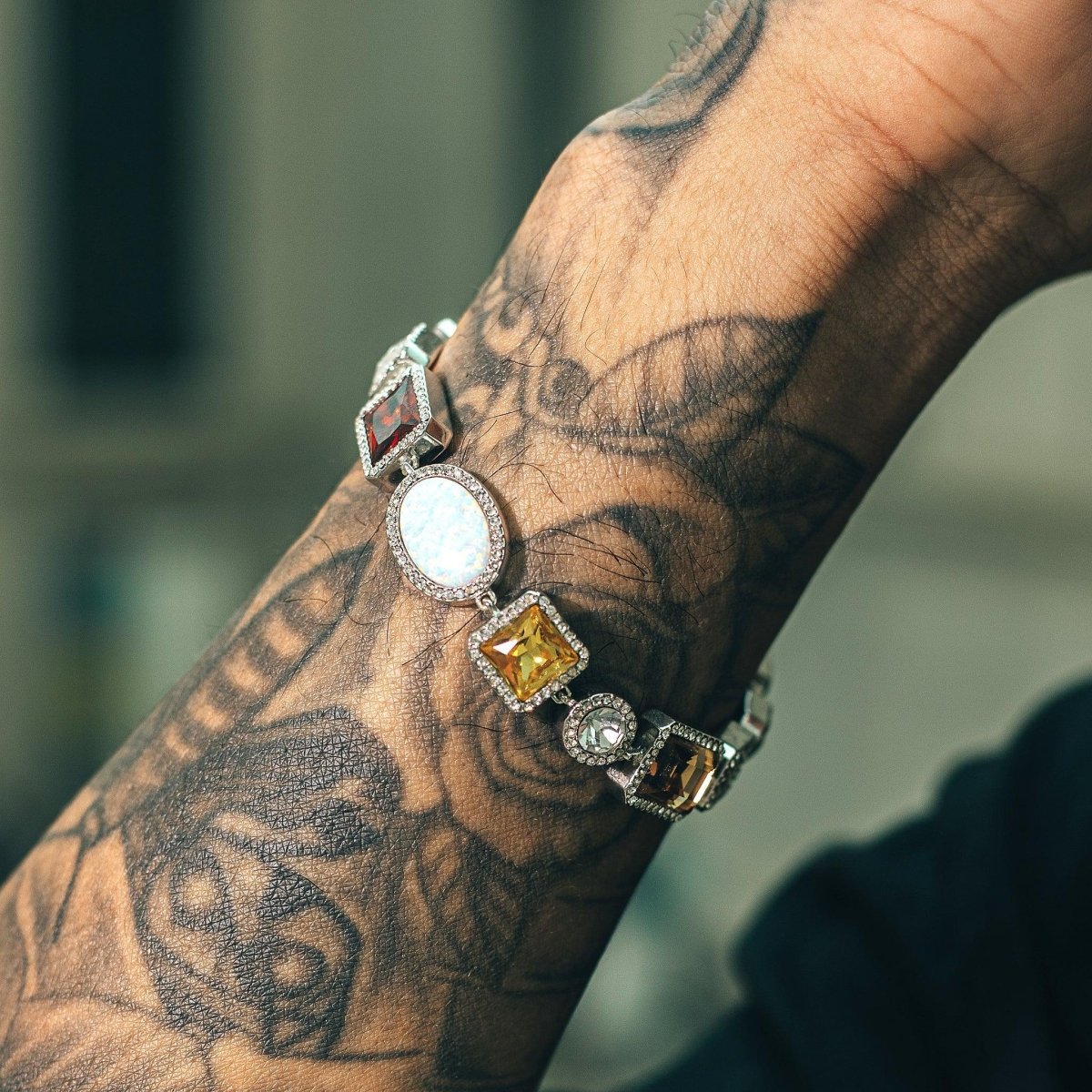
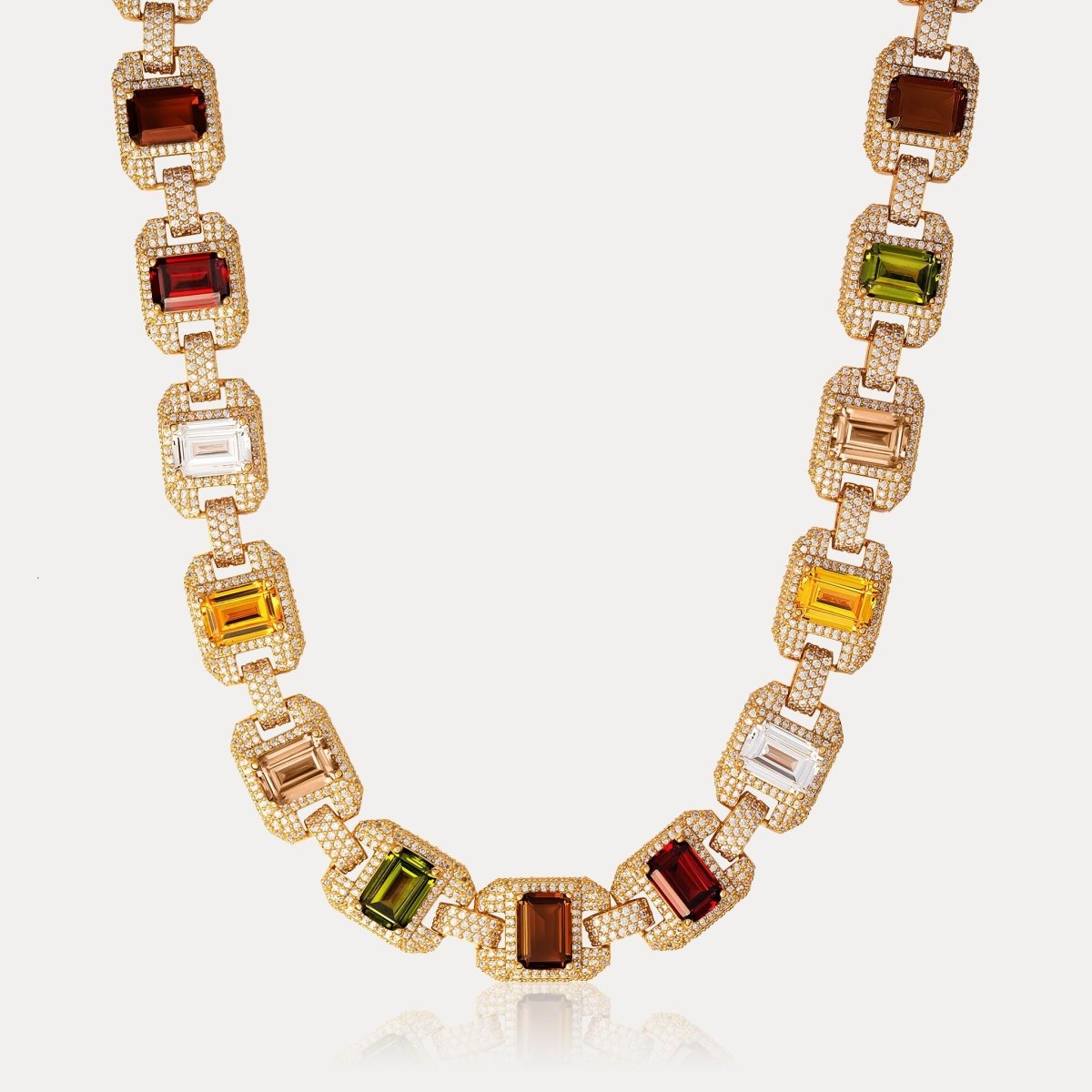
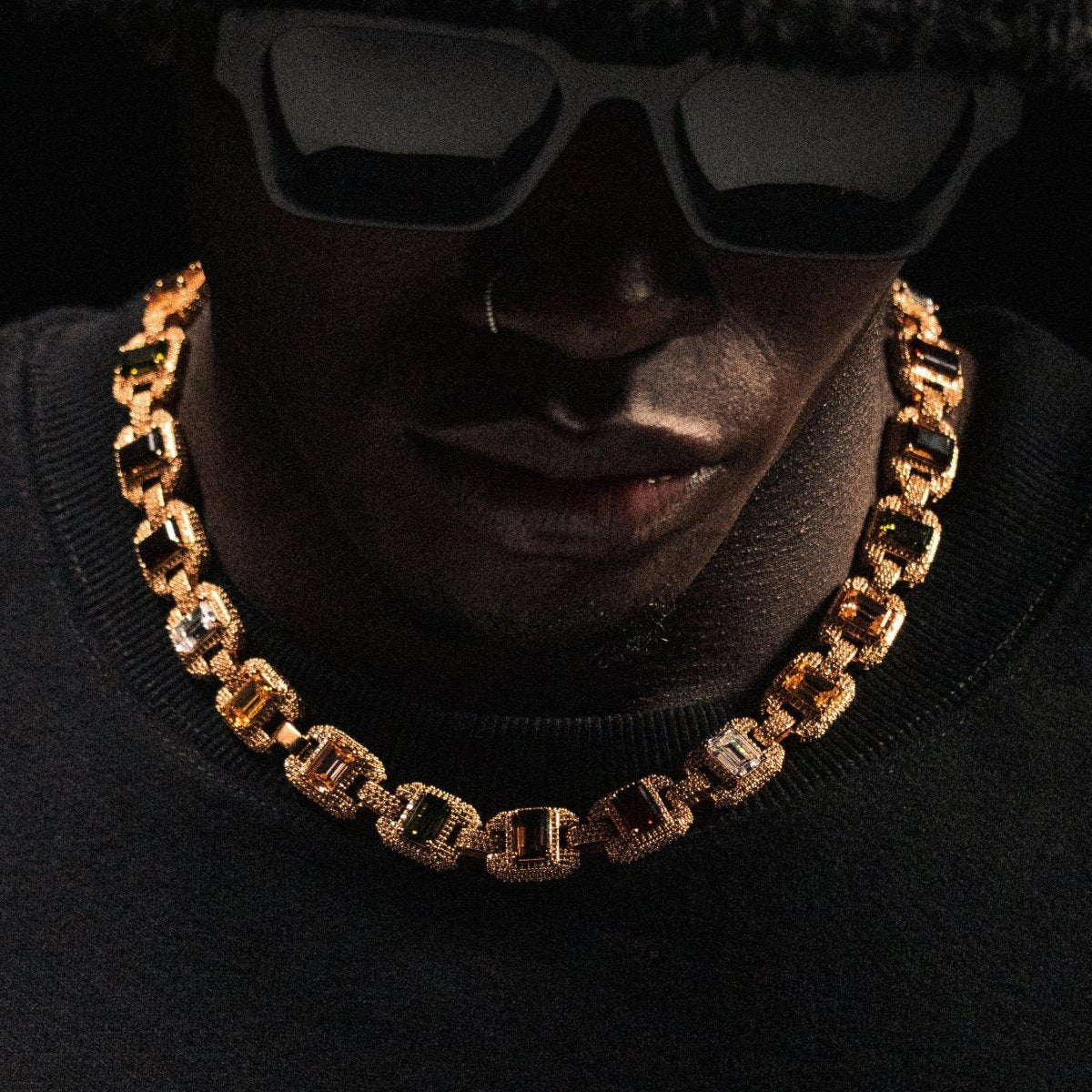

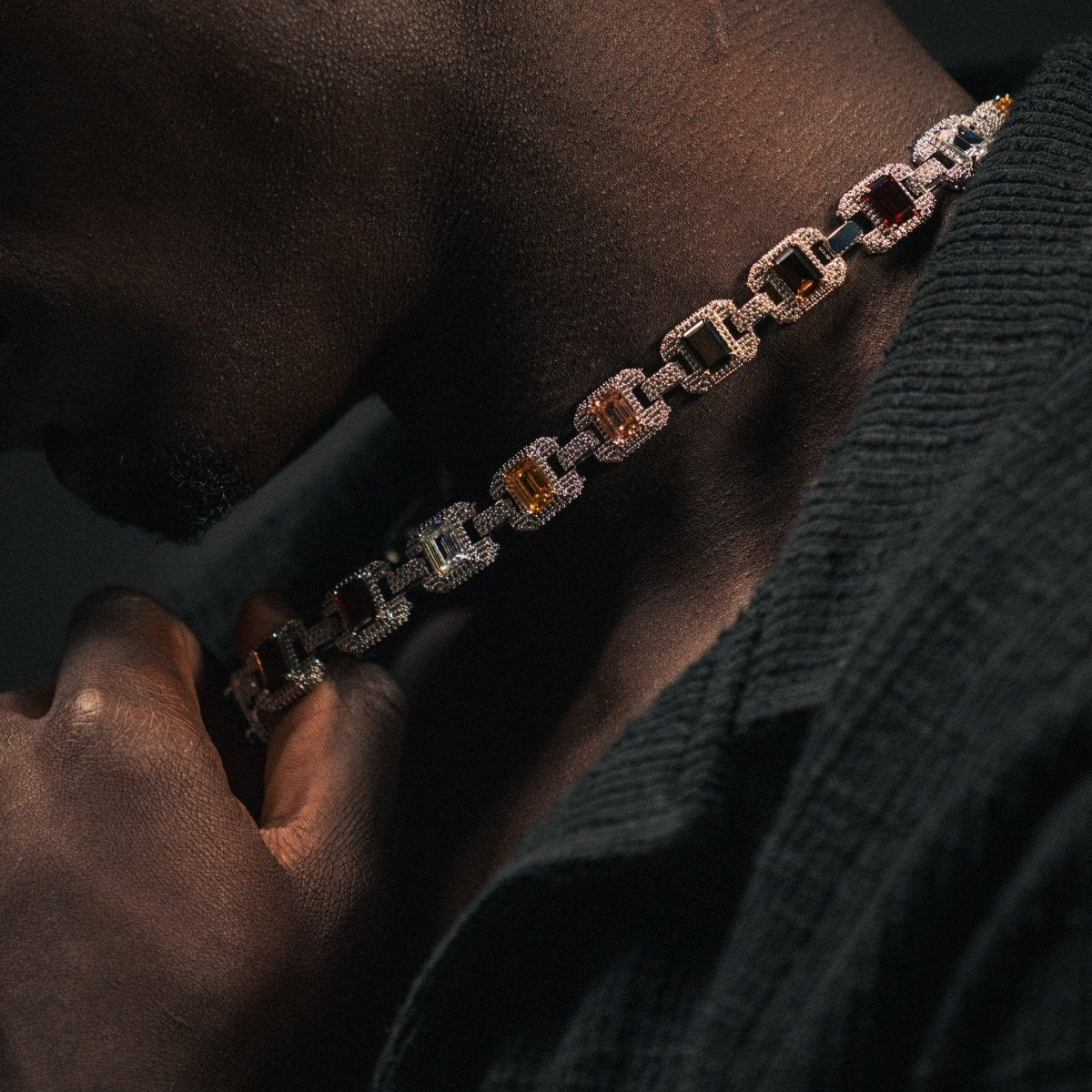
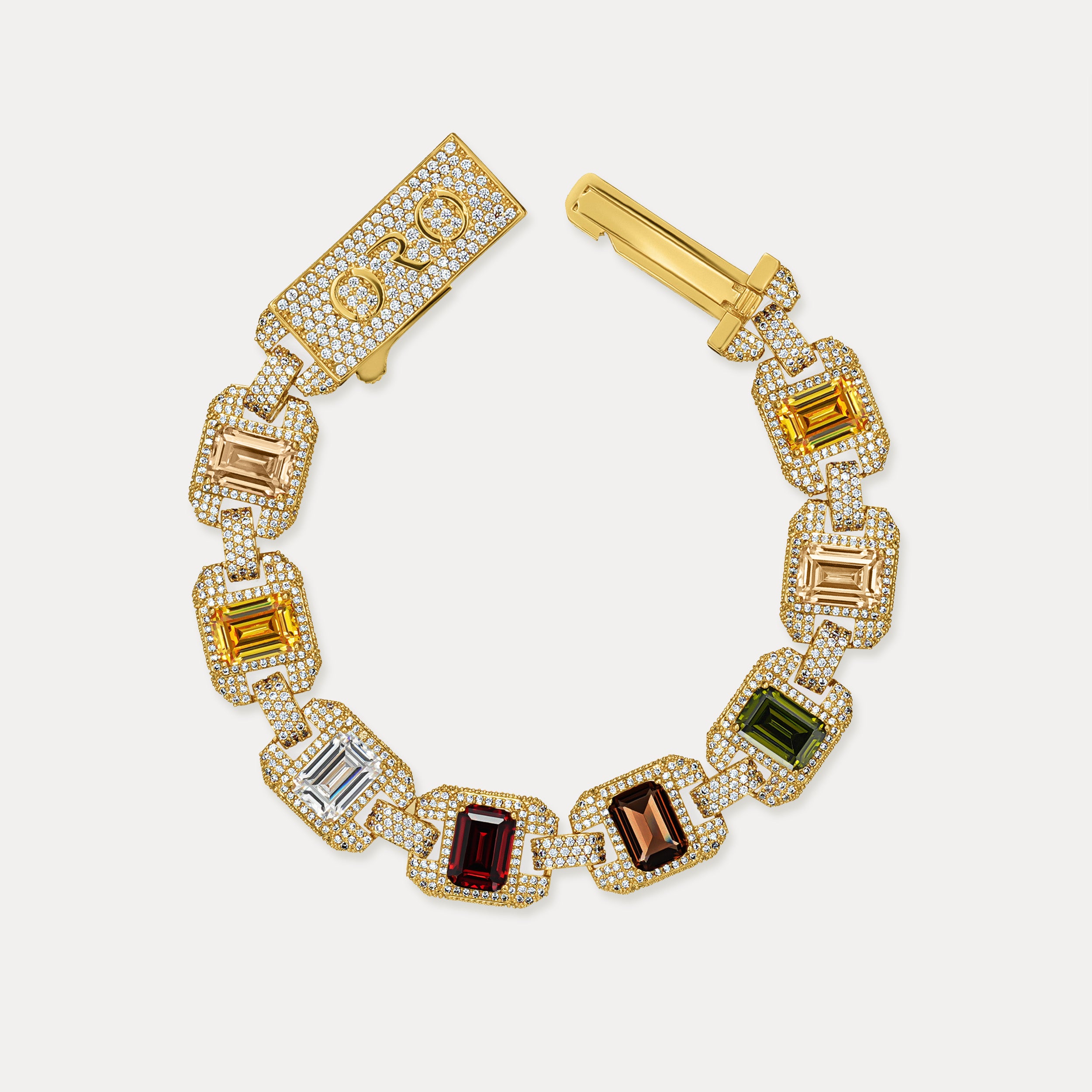
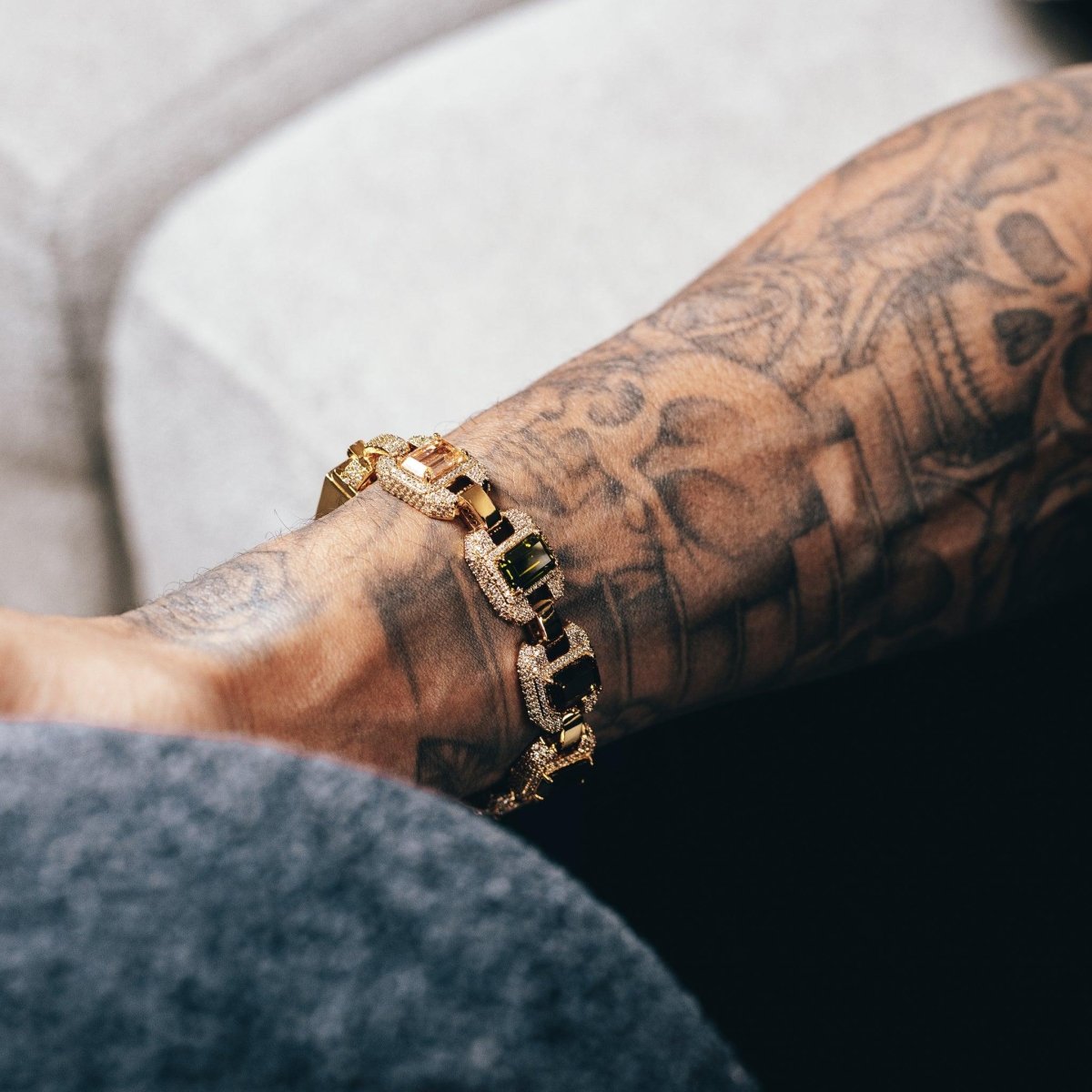
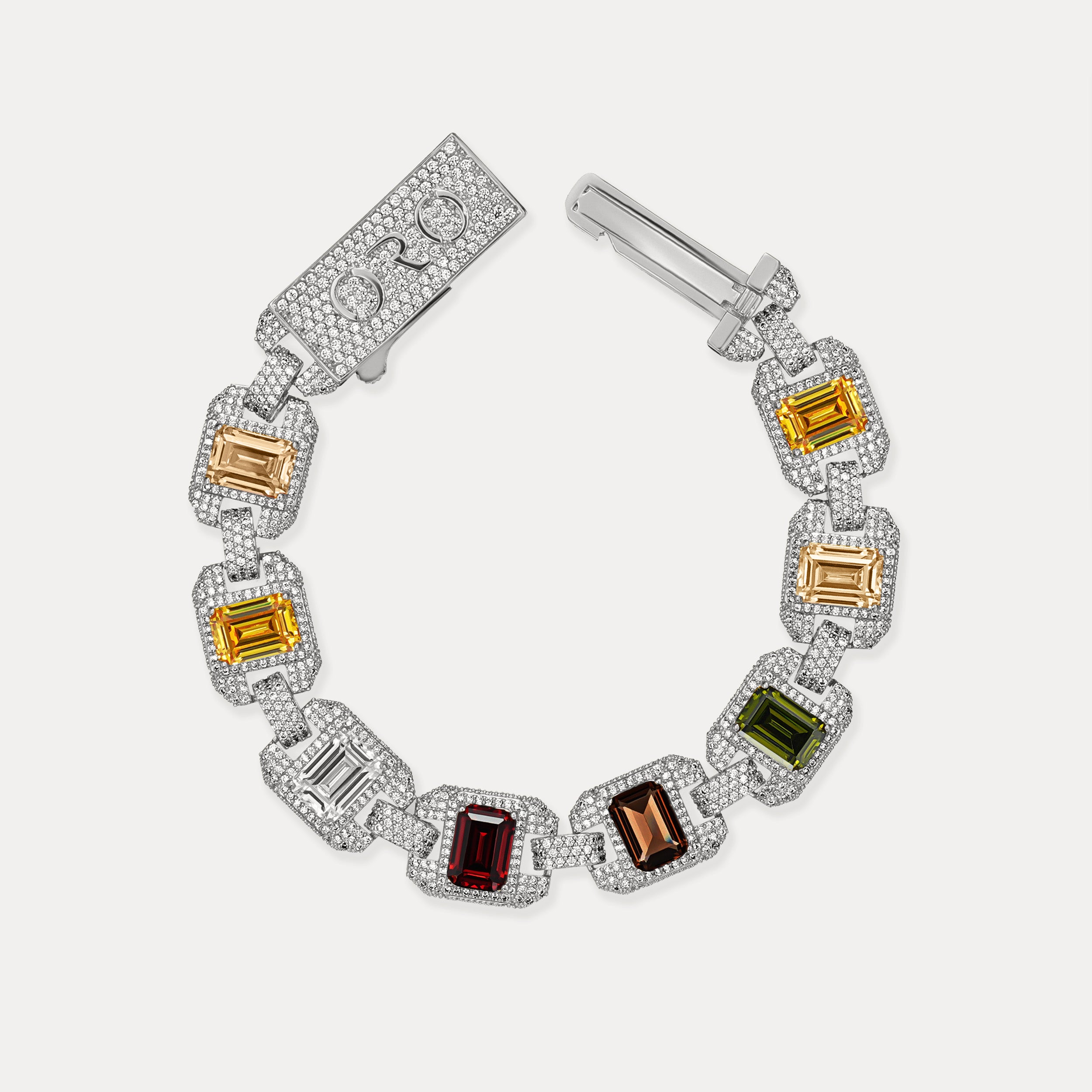

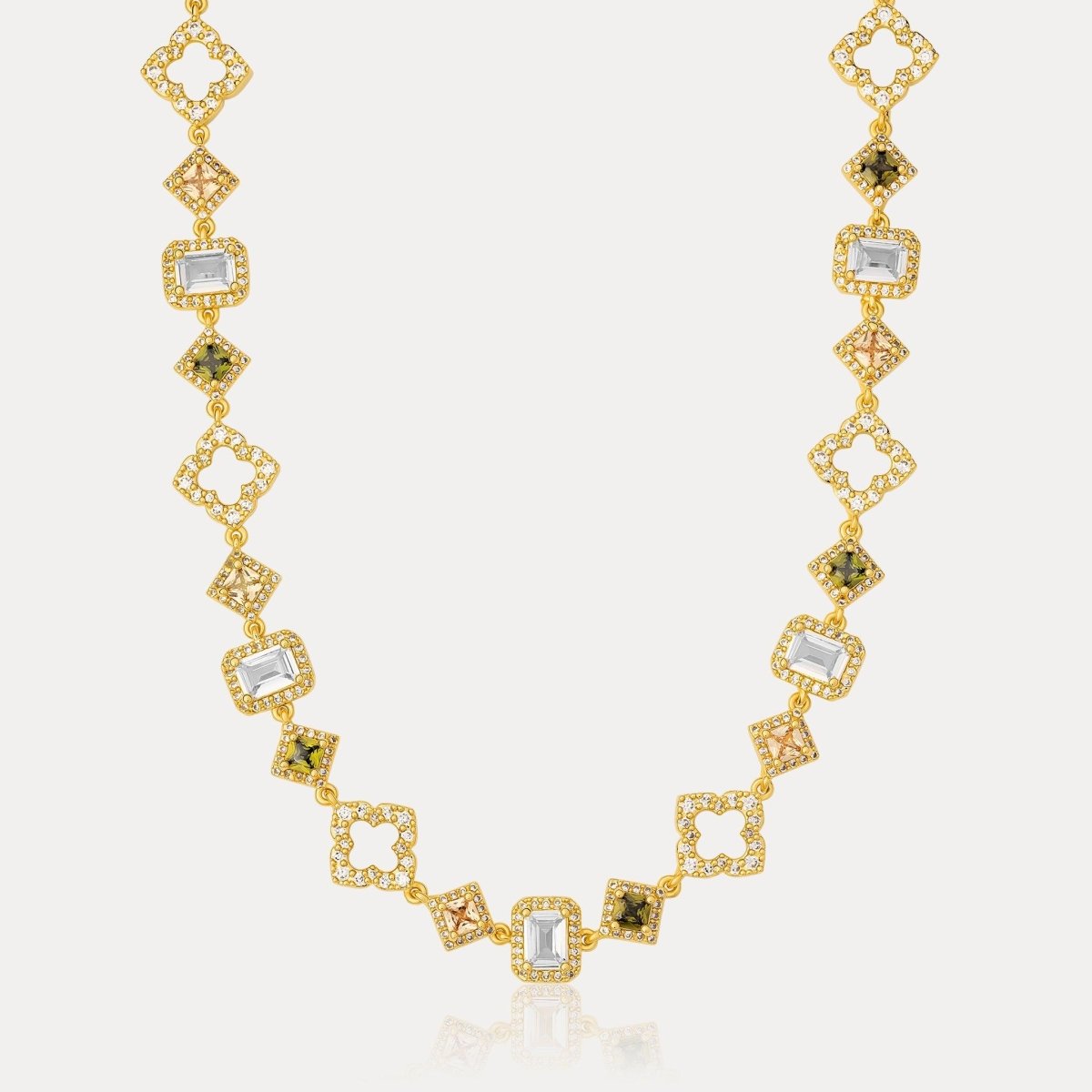
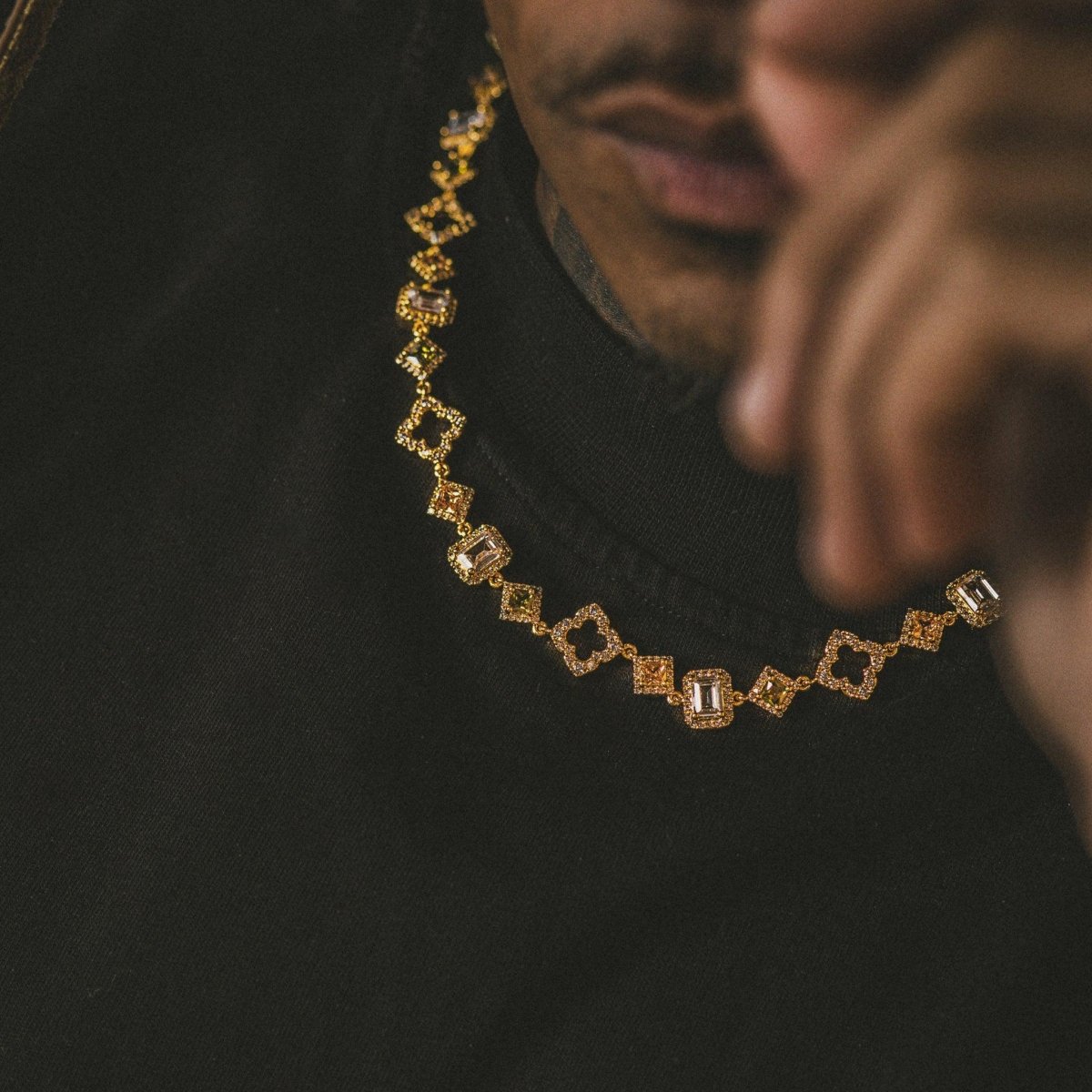
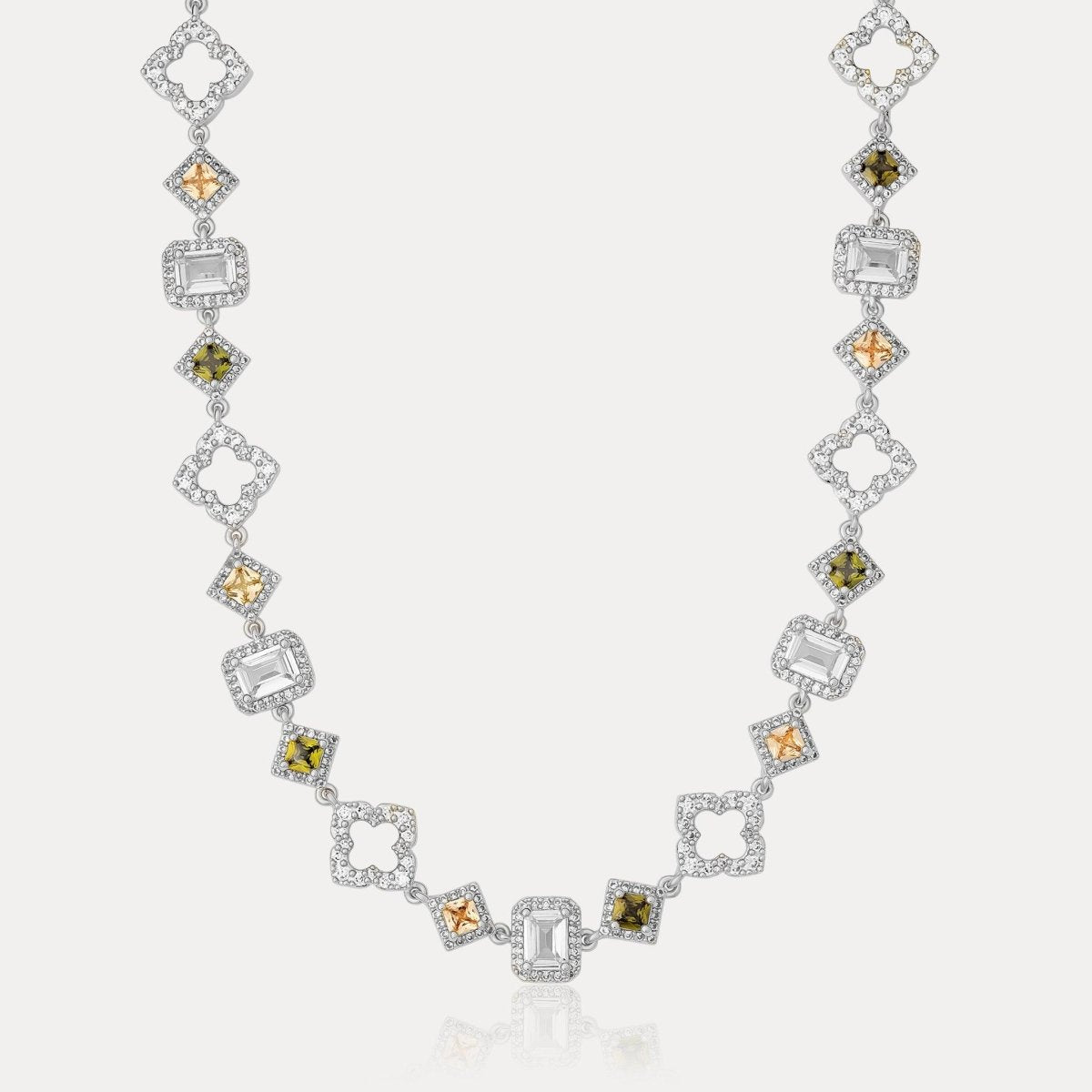

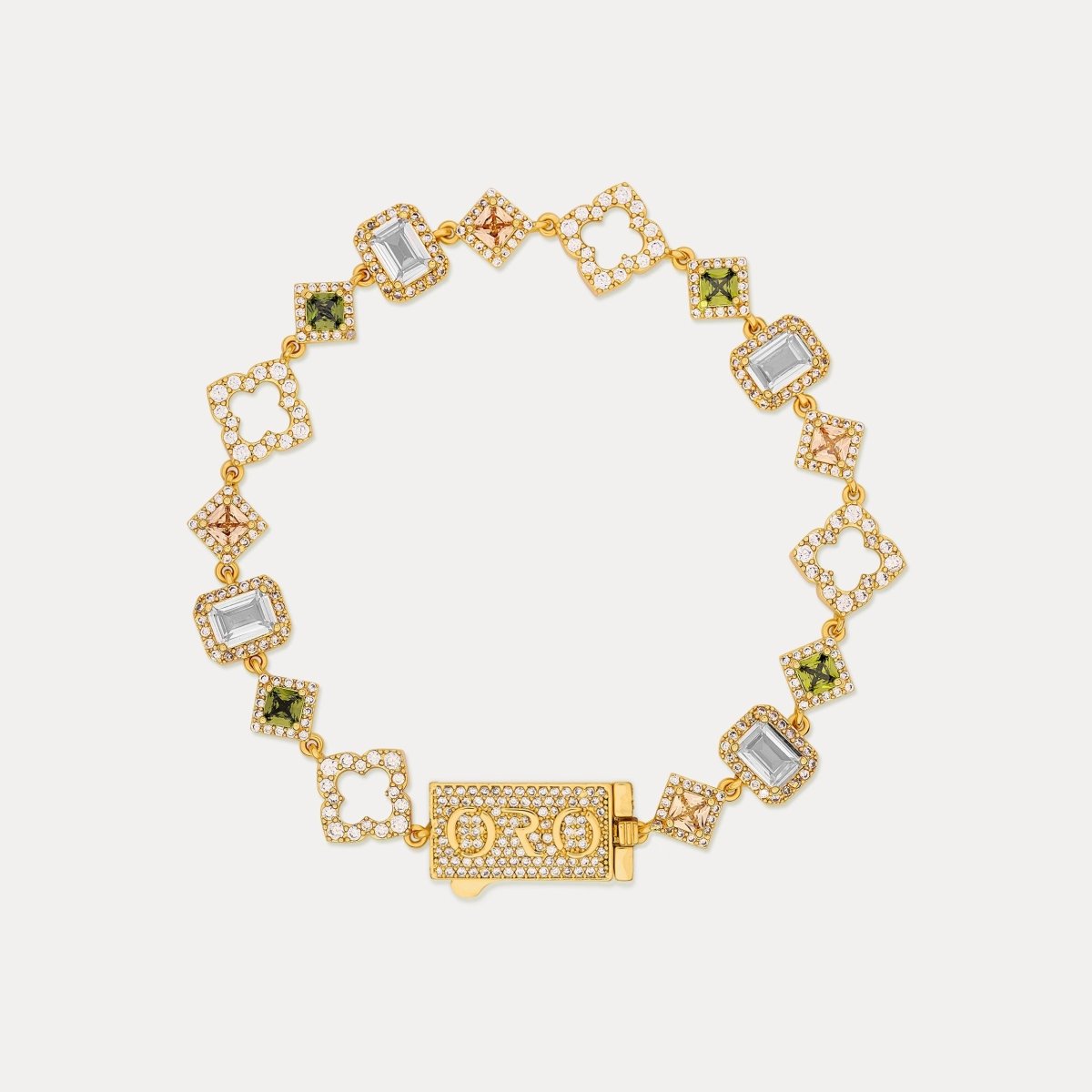
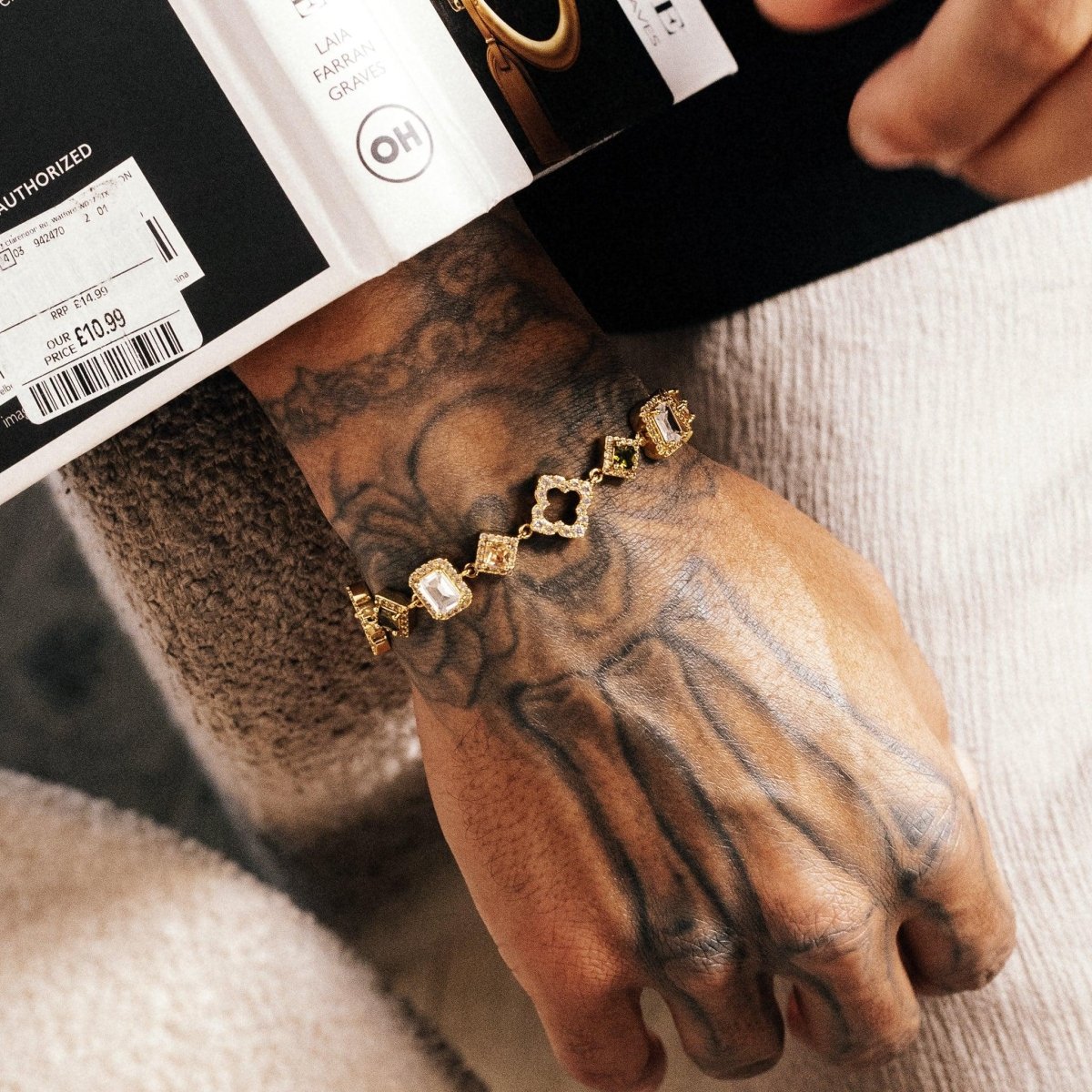
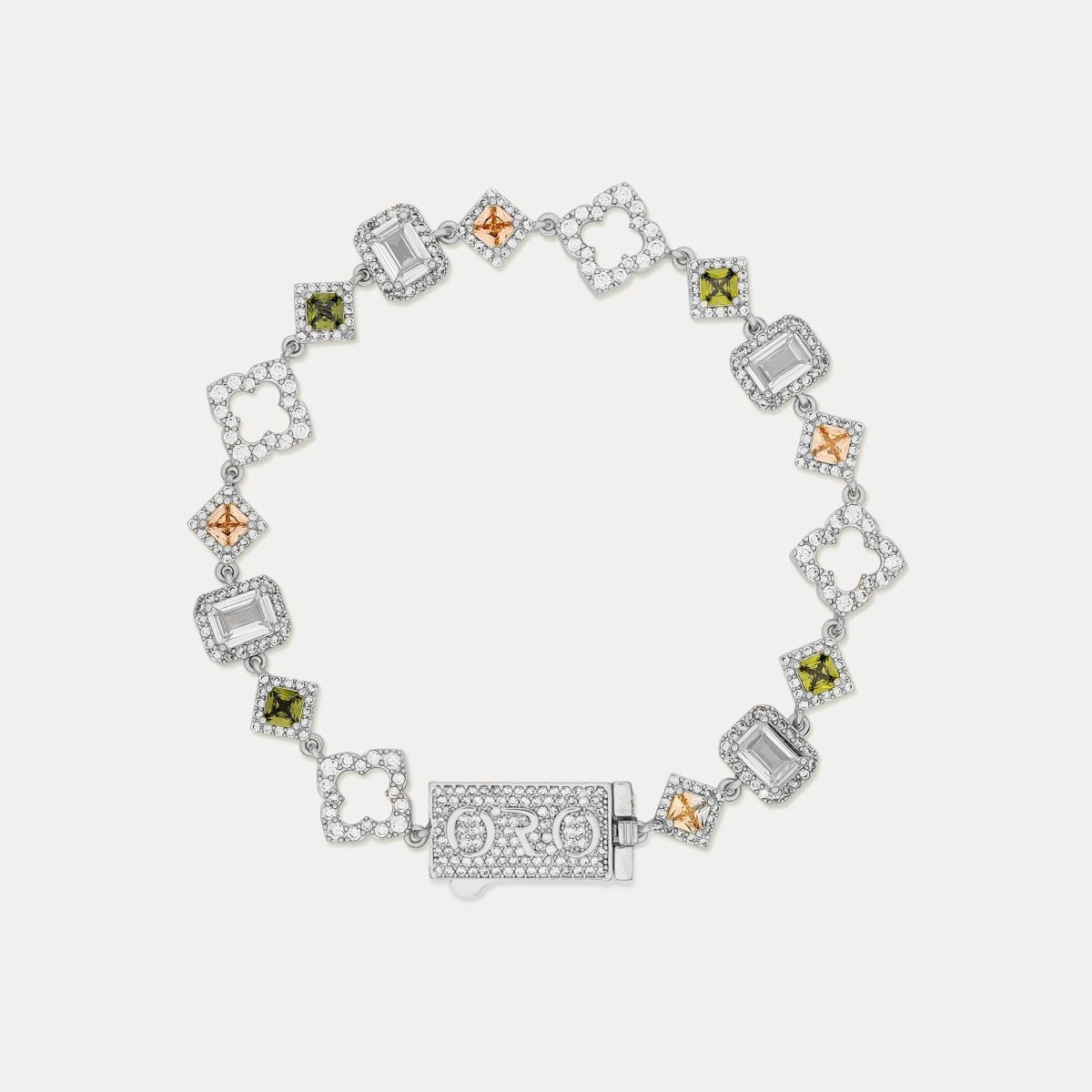
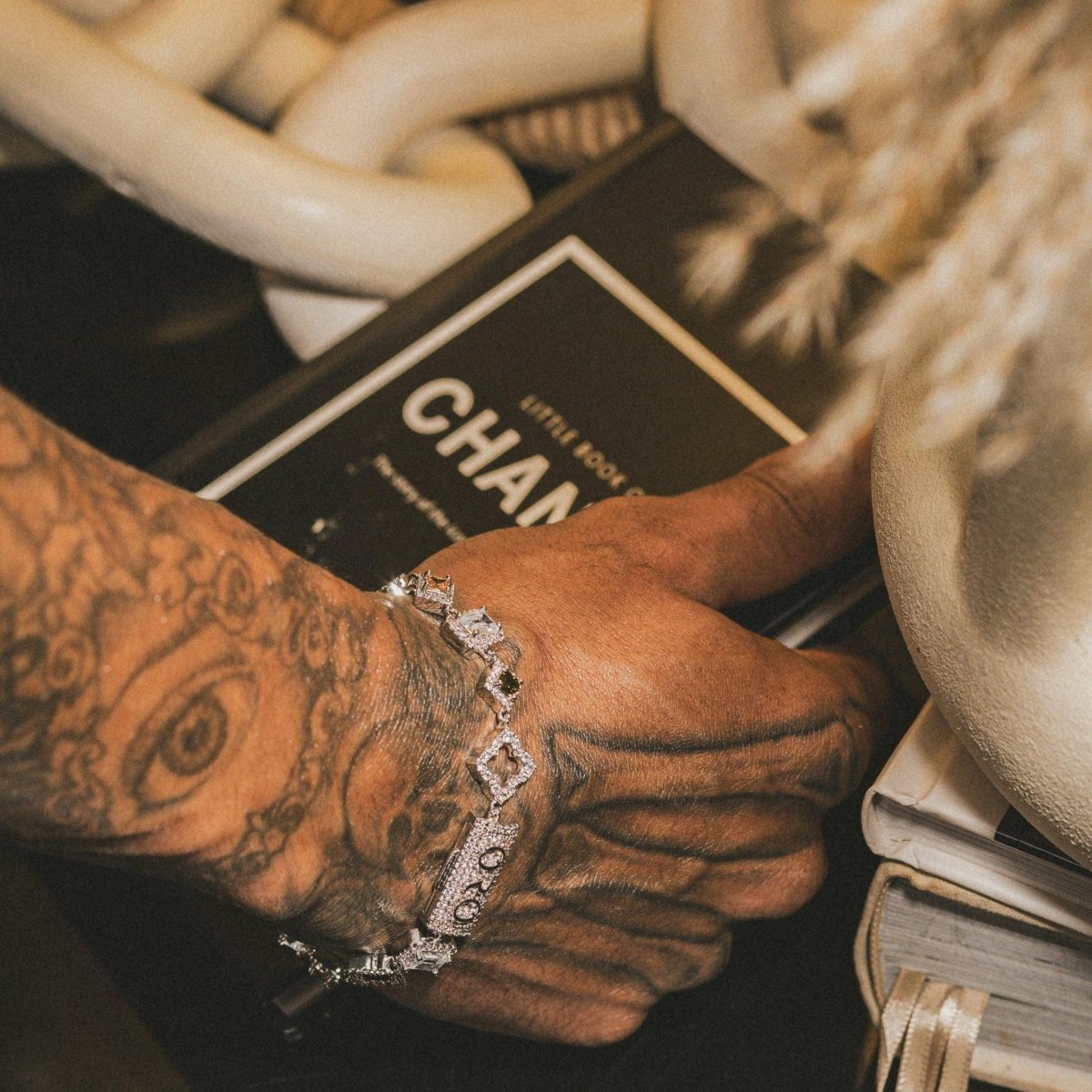
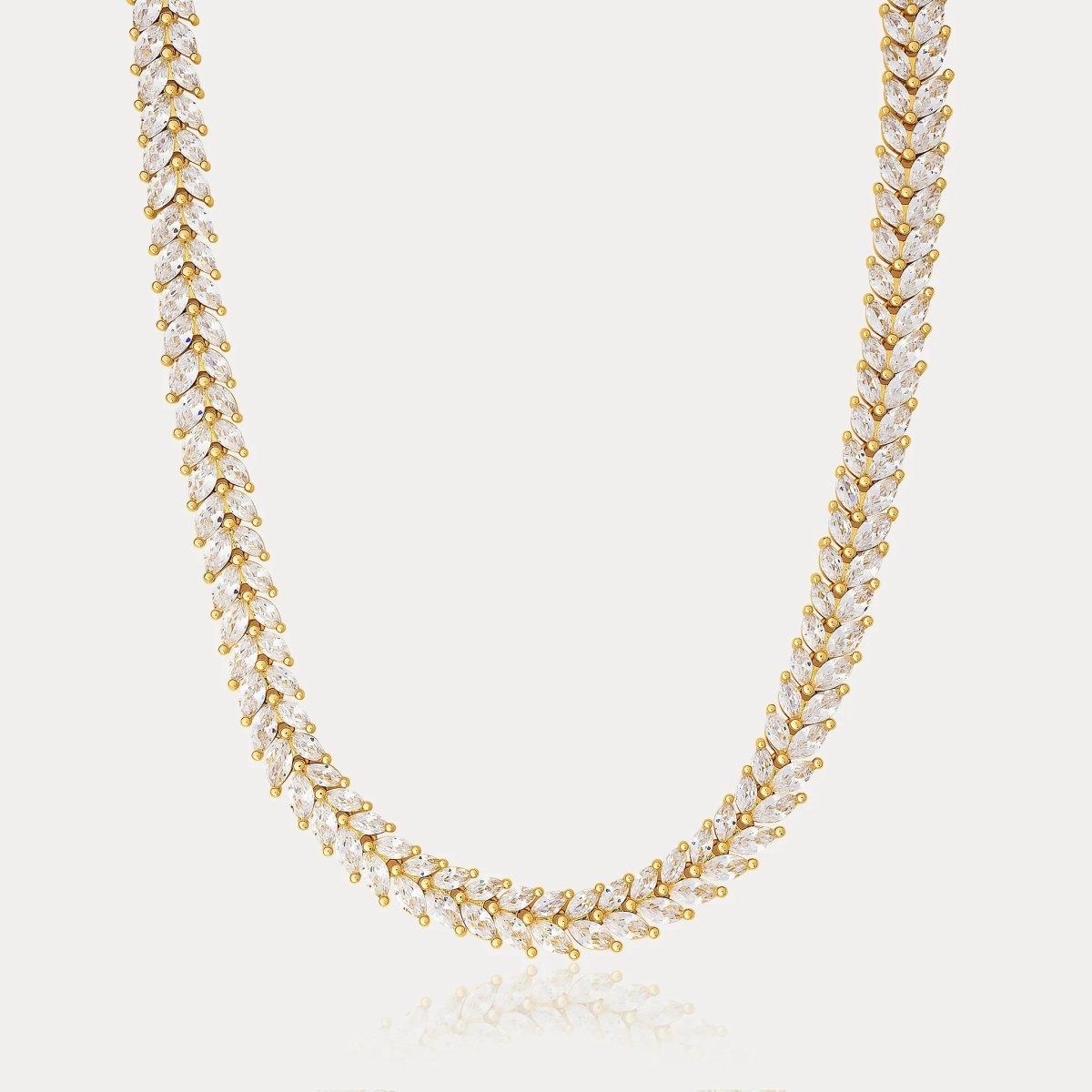
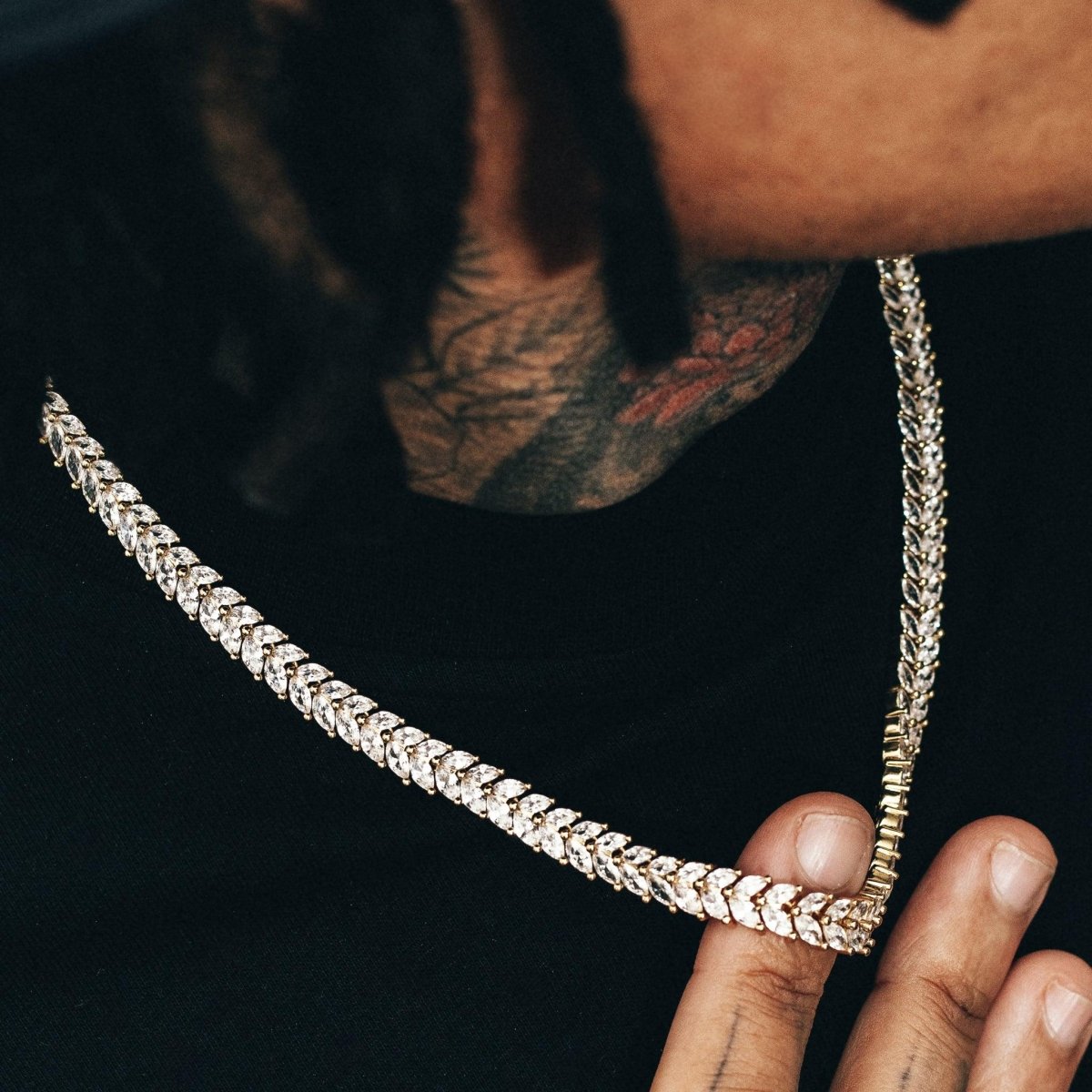
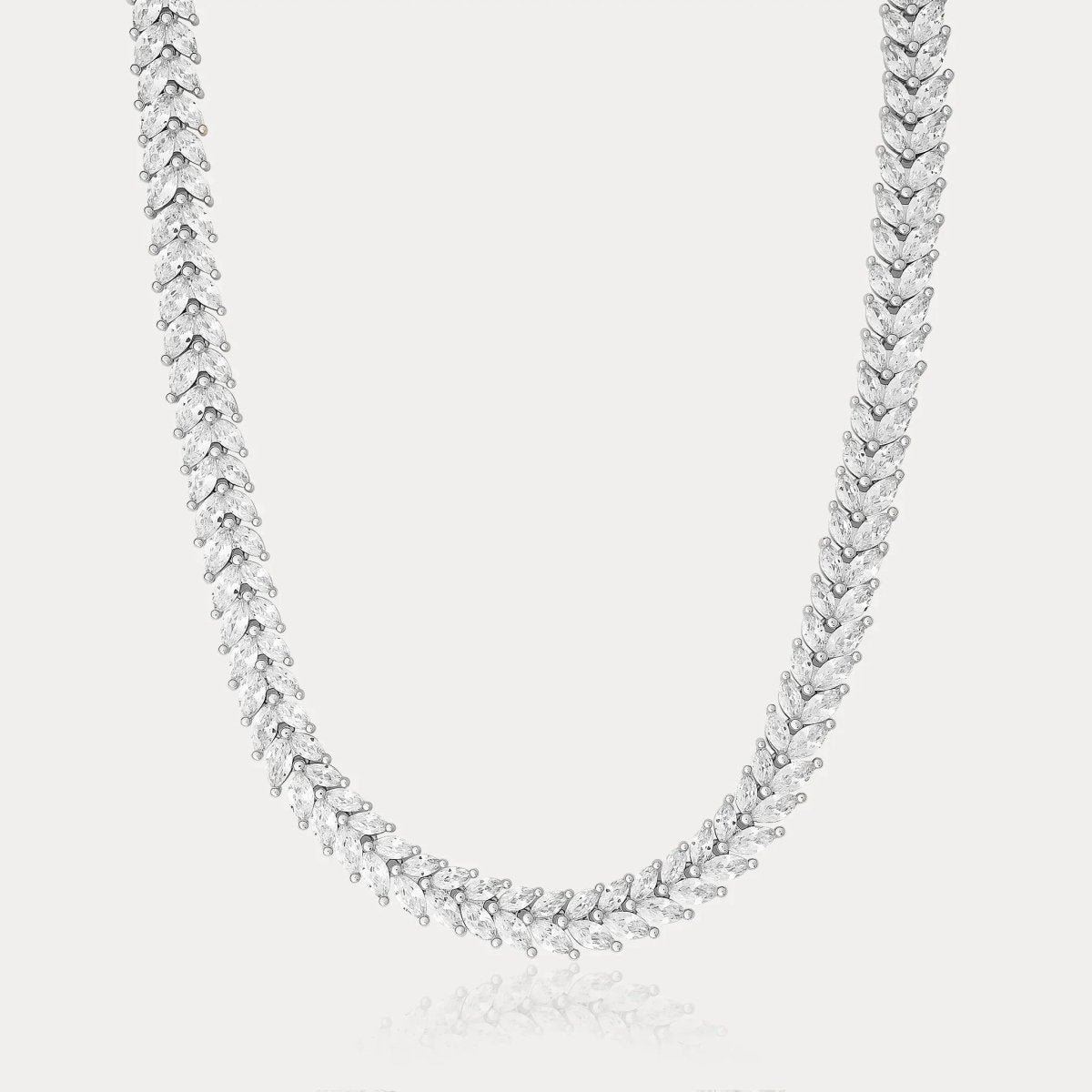

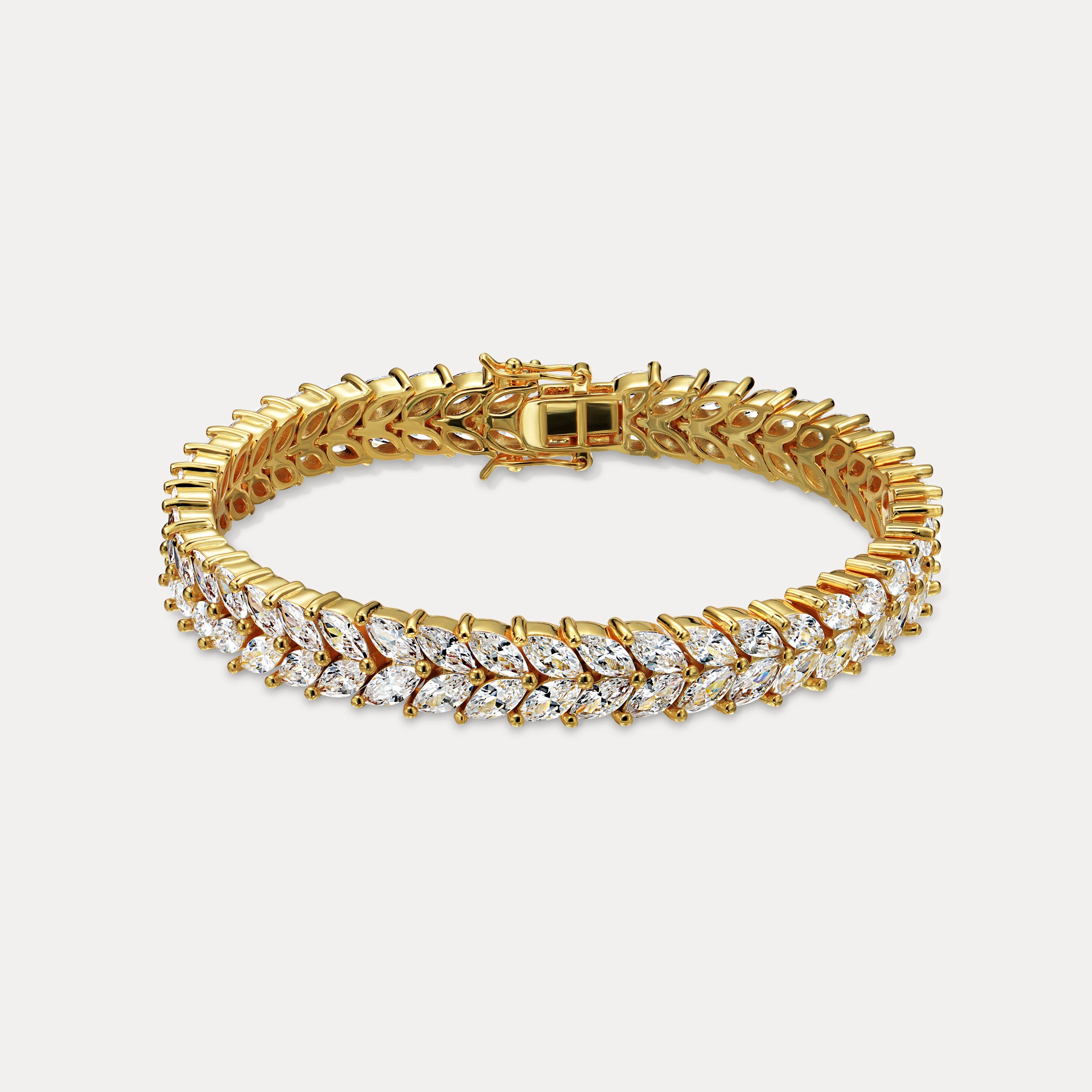

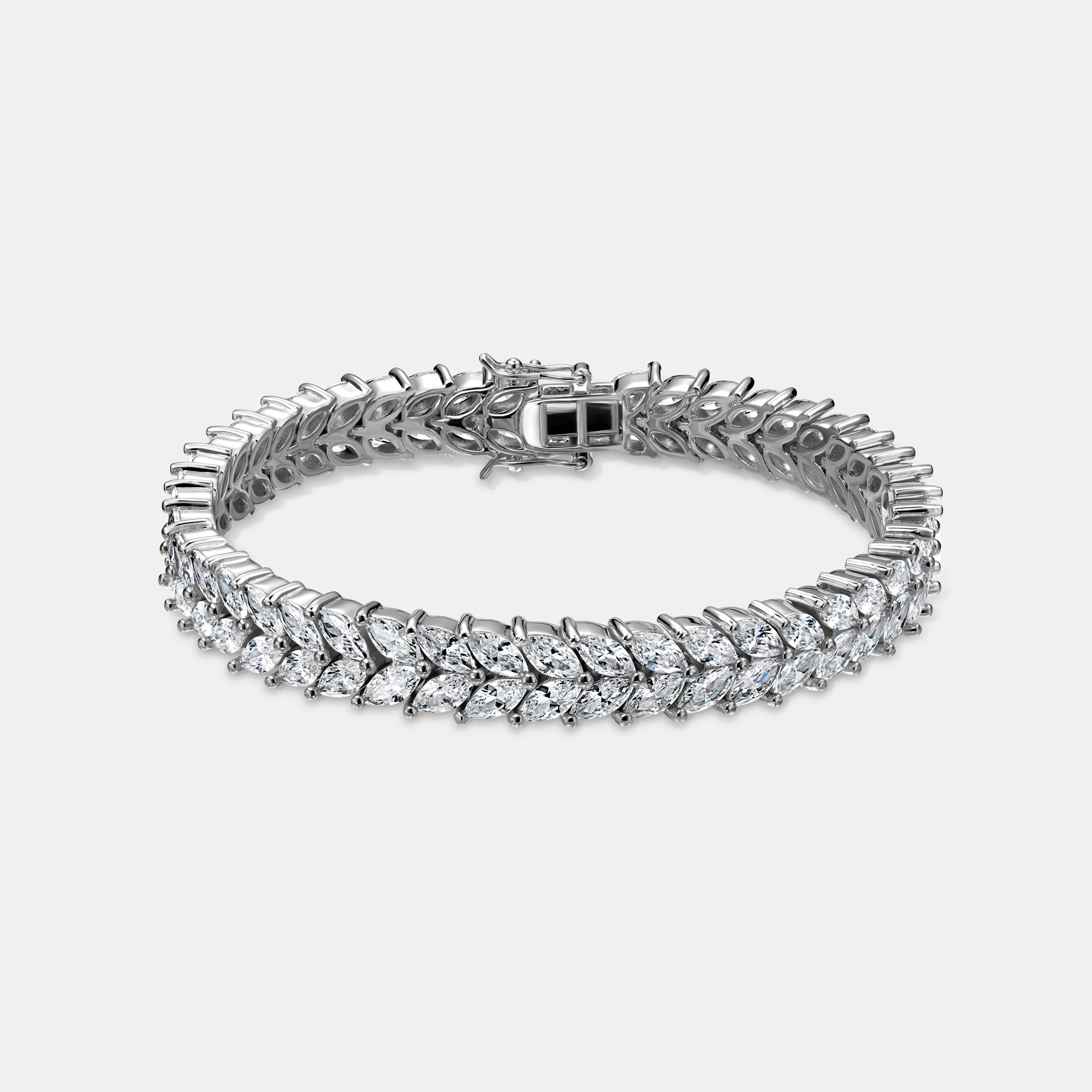
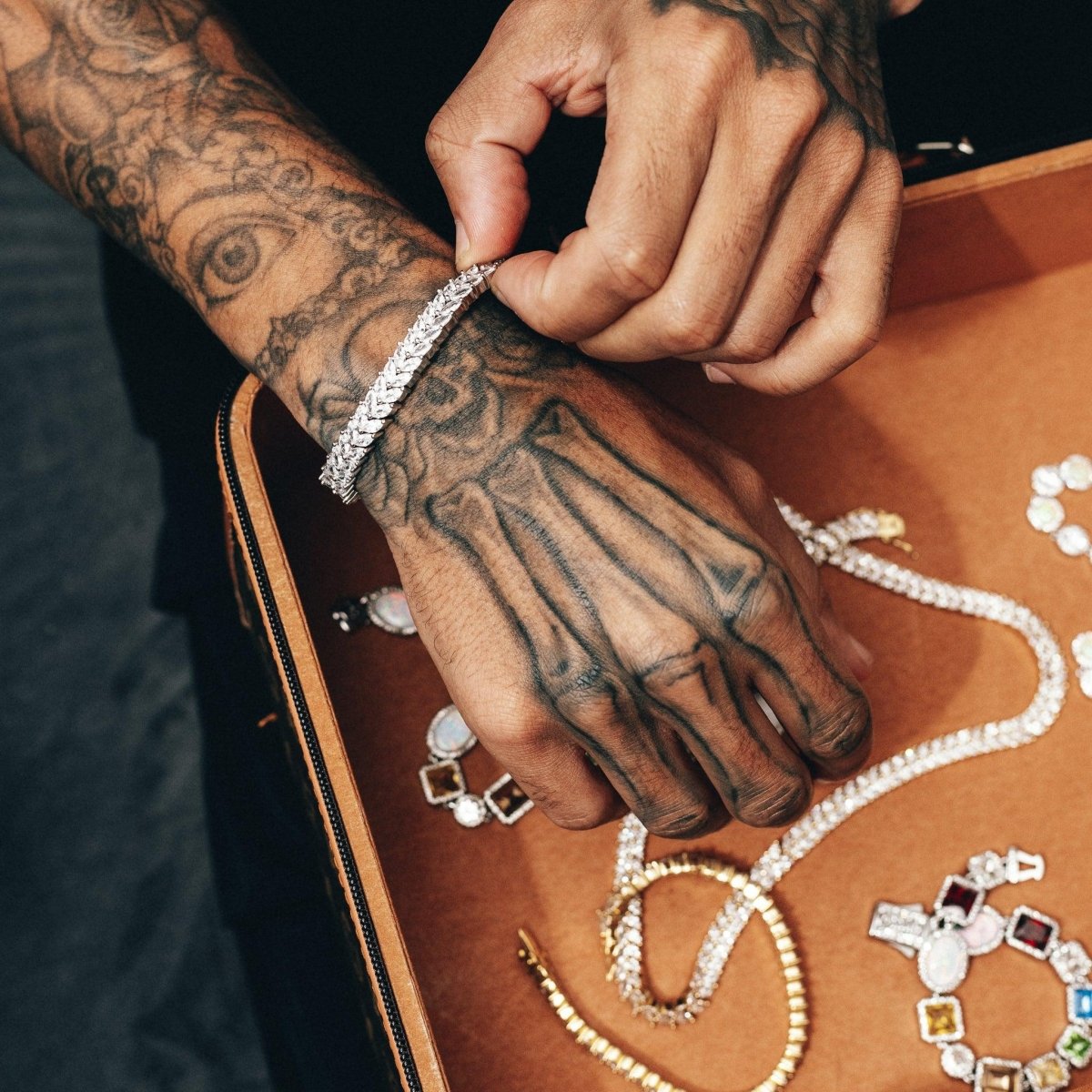
Leave a comment
This site is protected by hCaptcha and the hCaptcha Privacy Policy and Terms of Service apply.